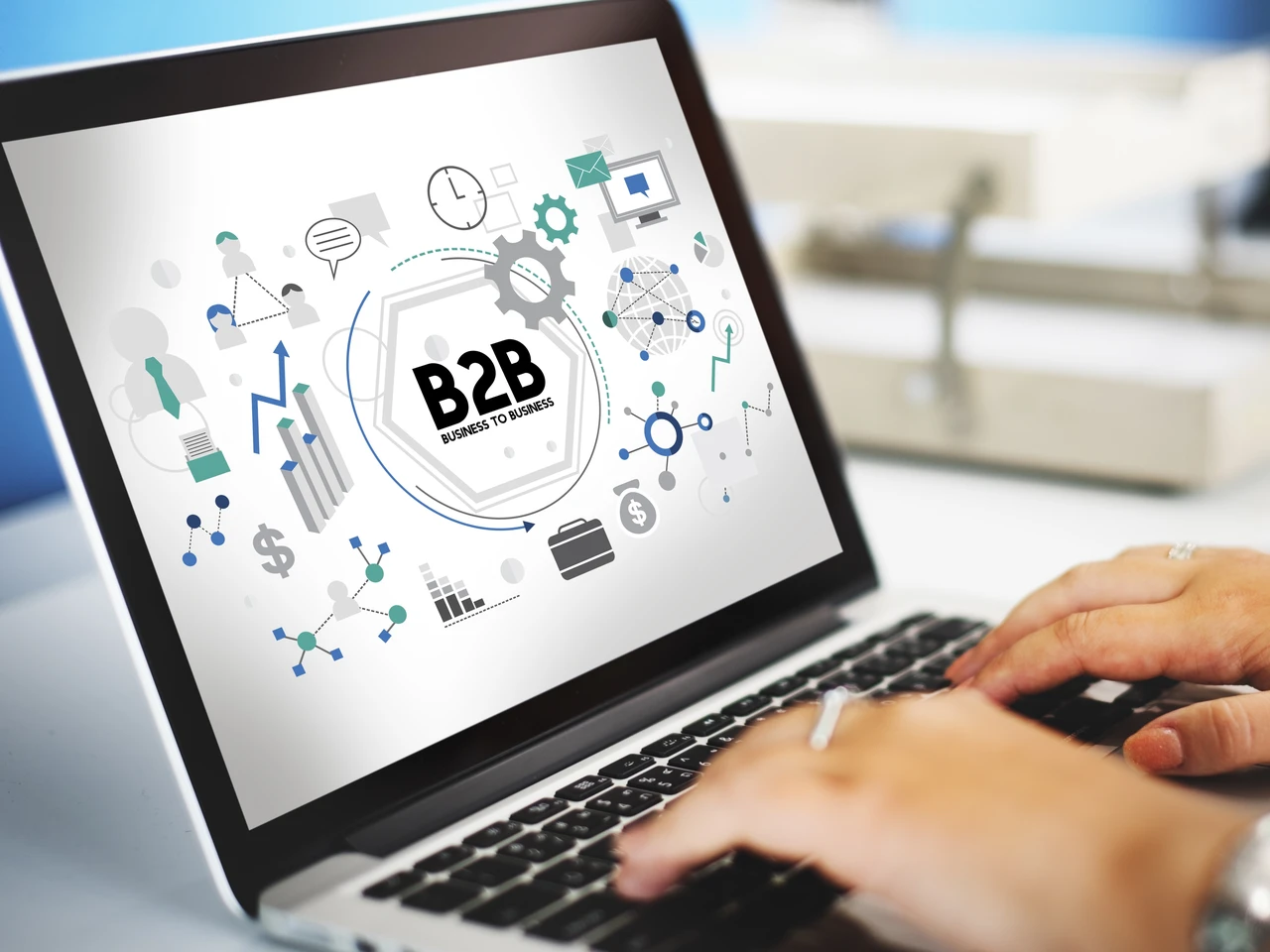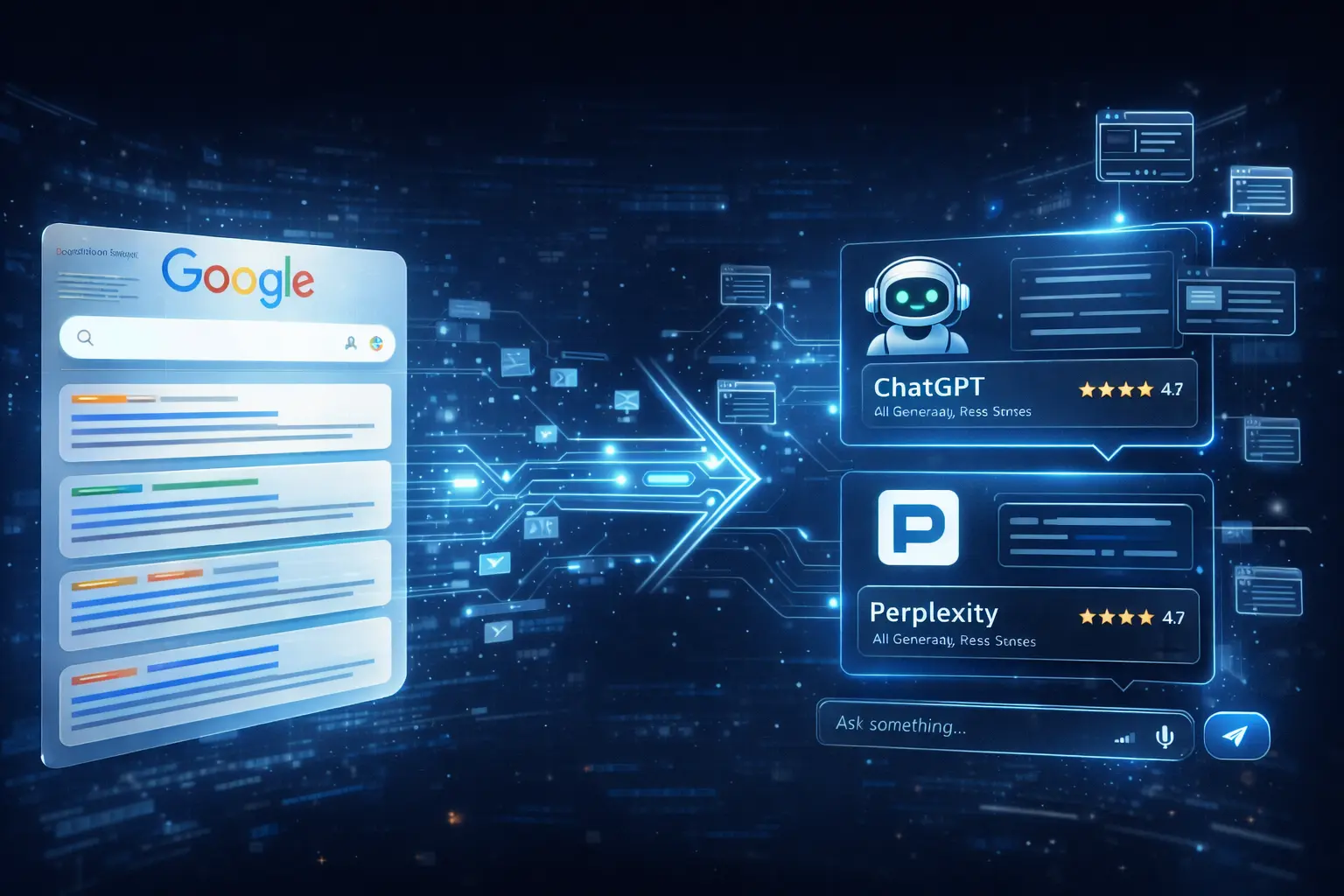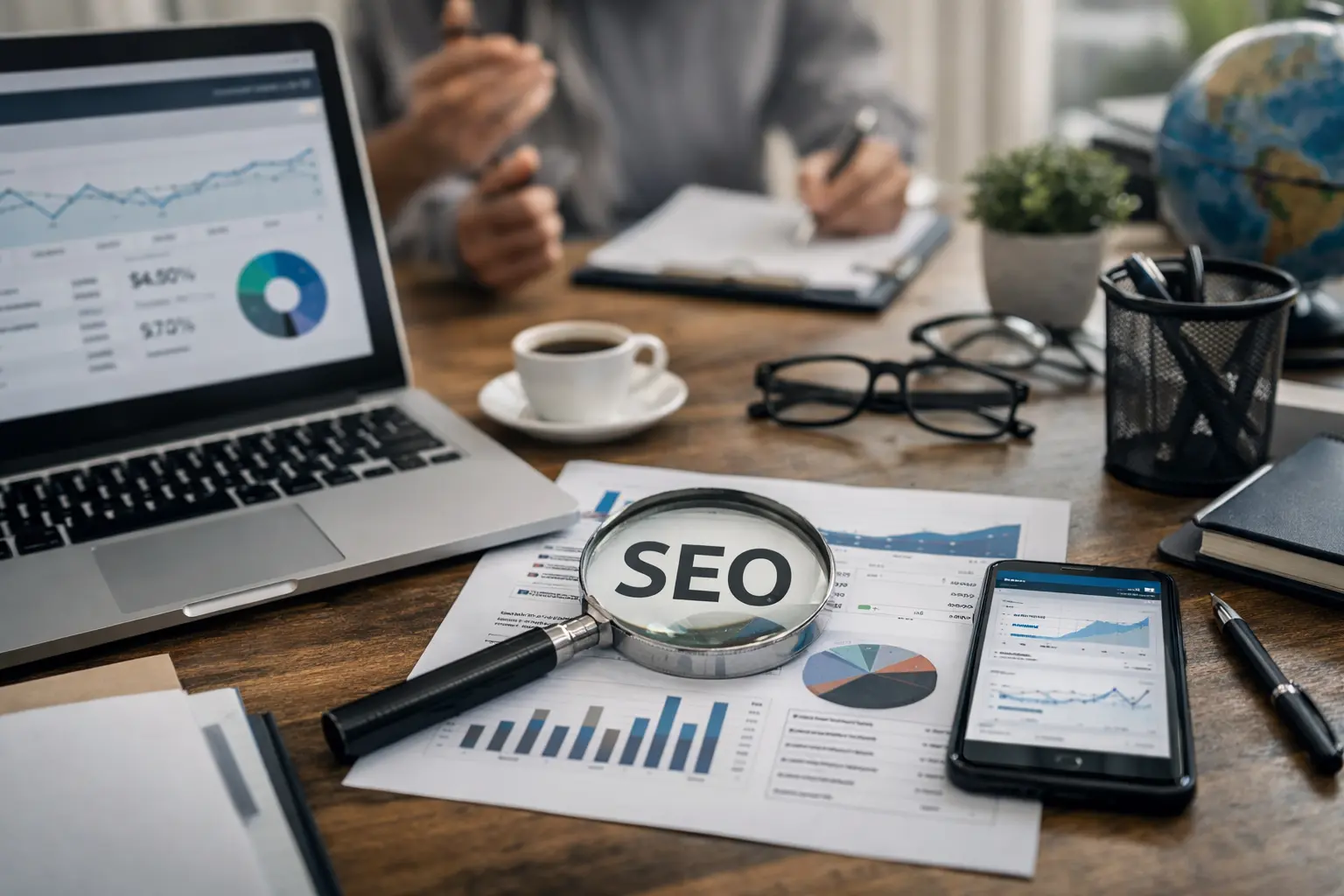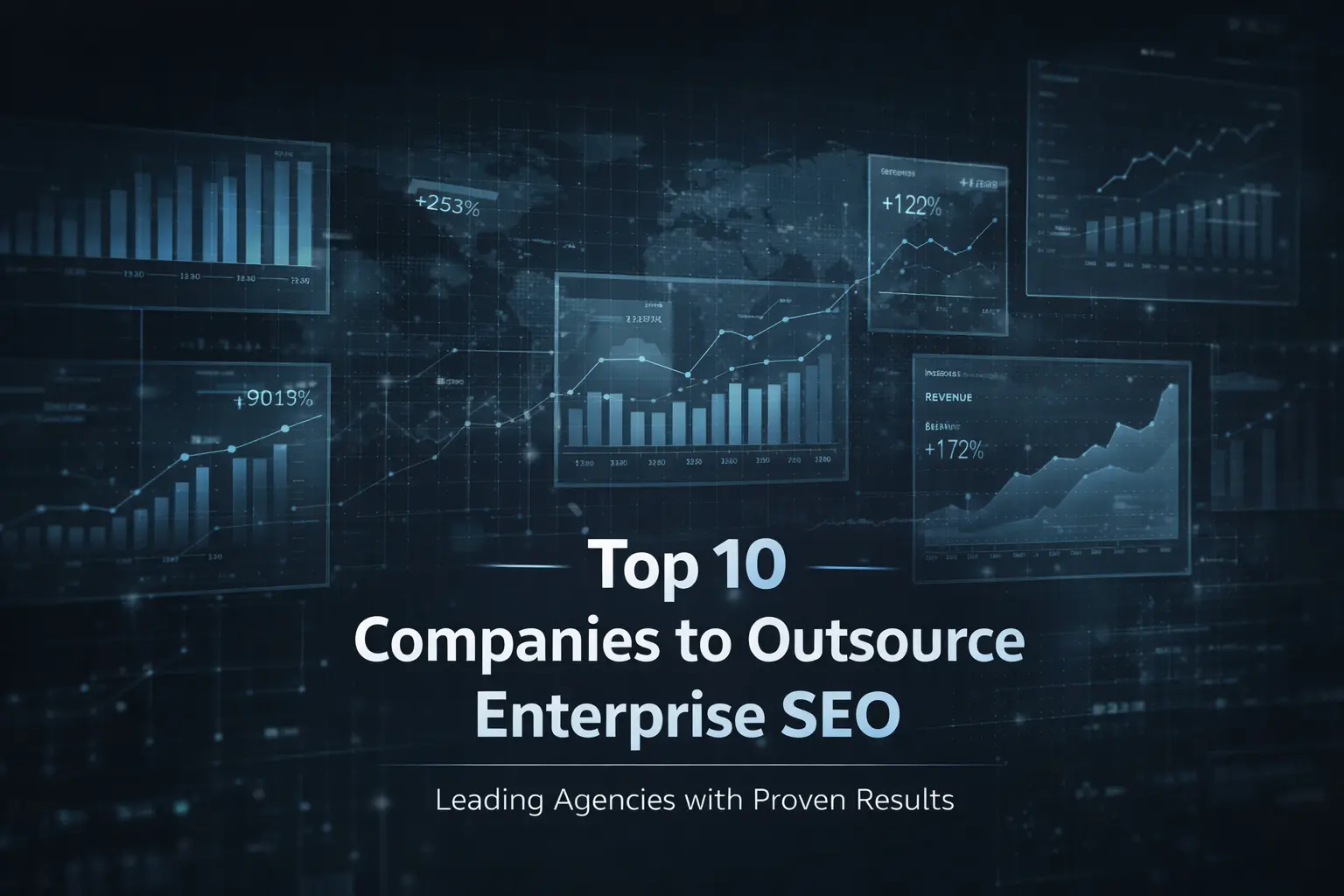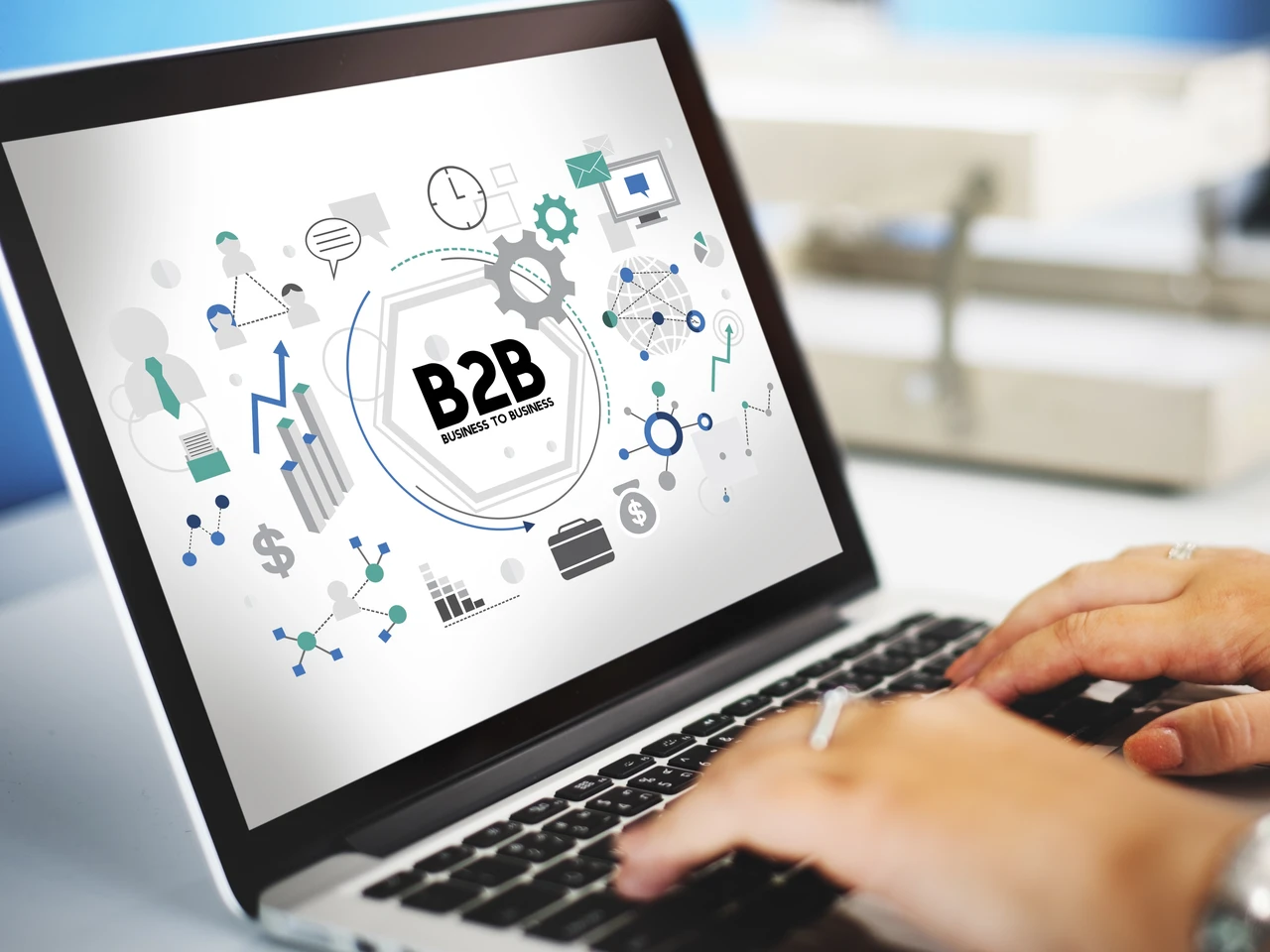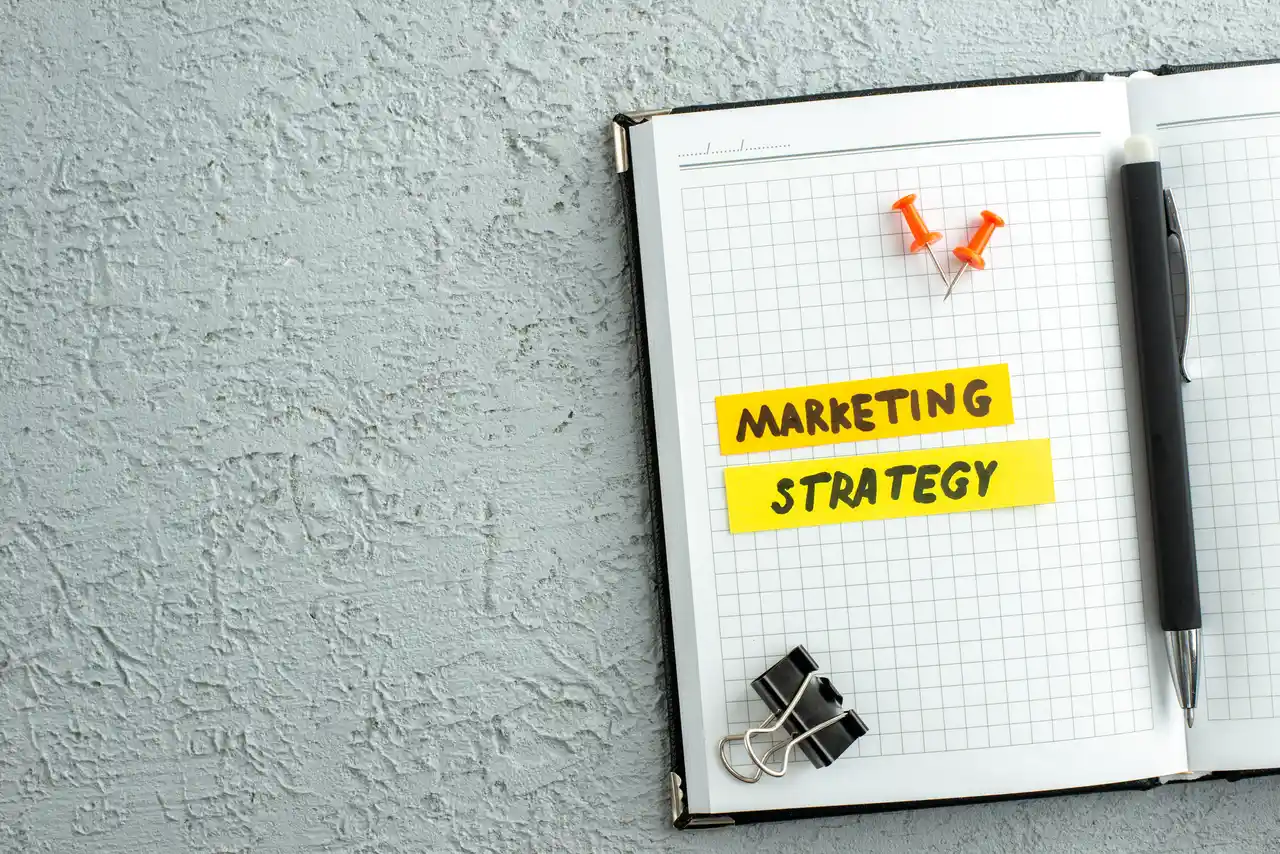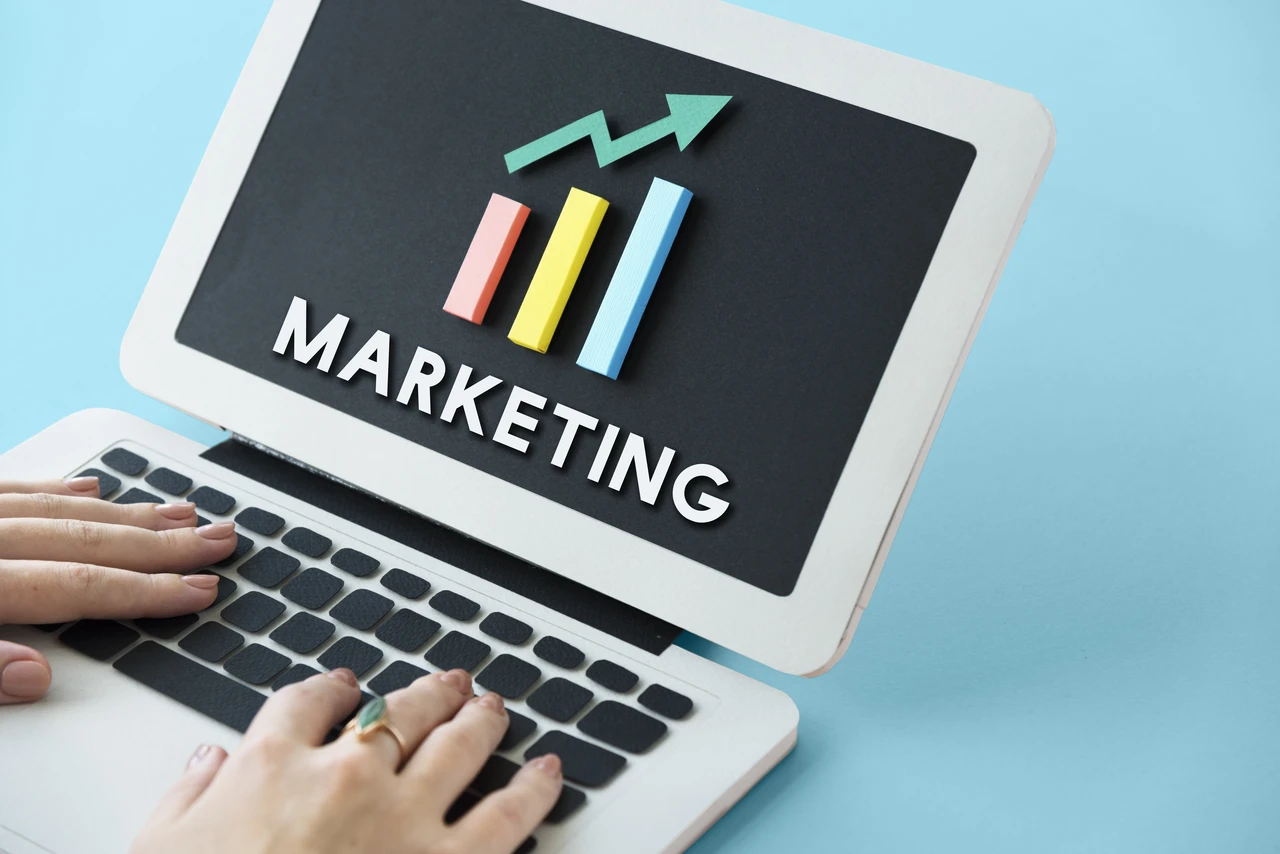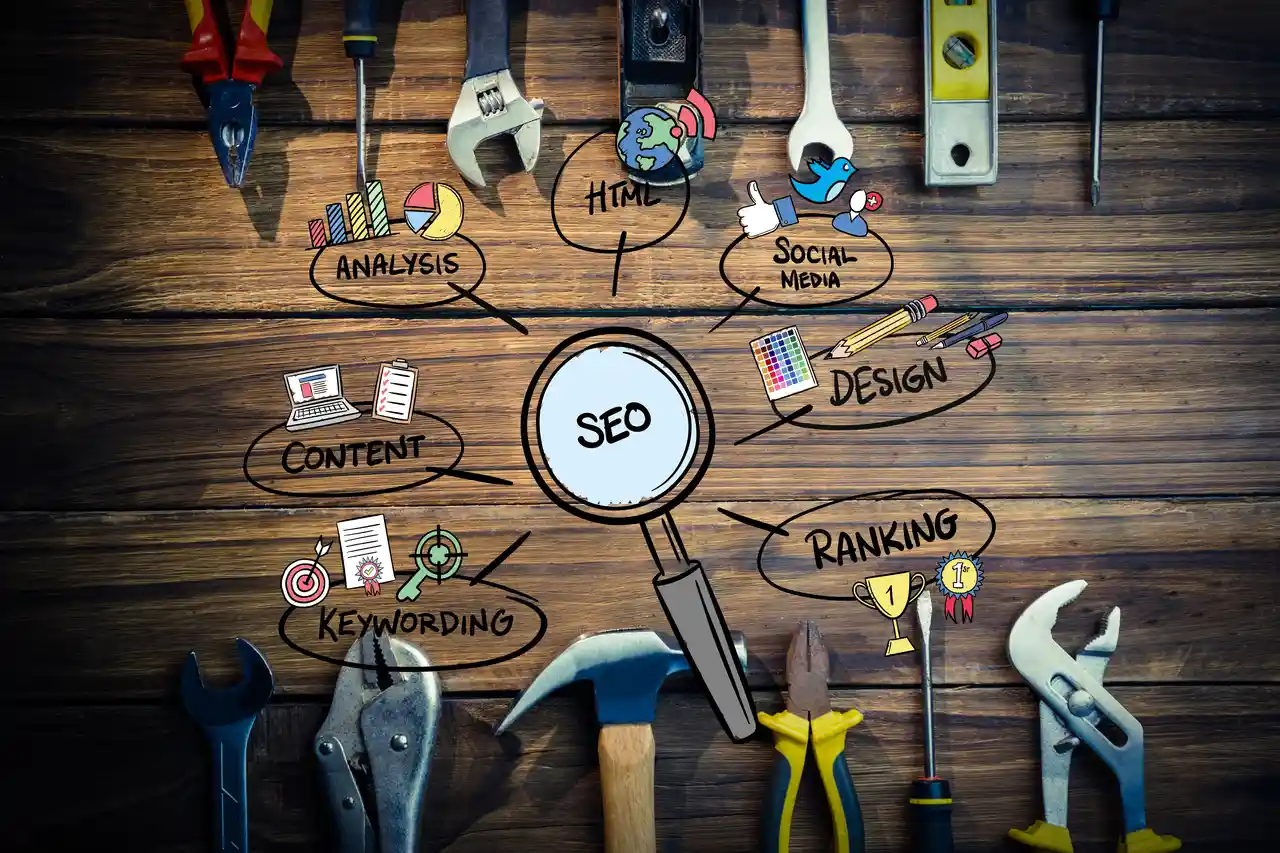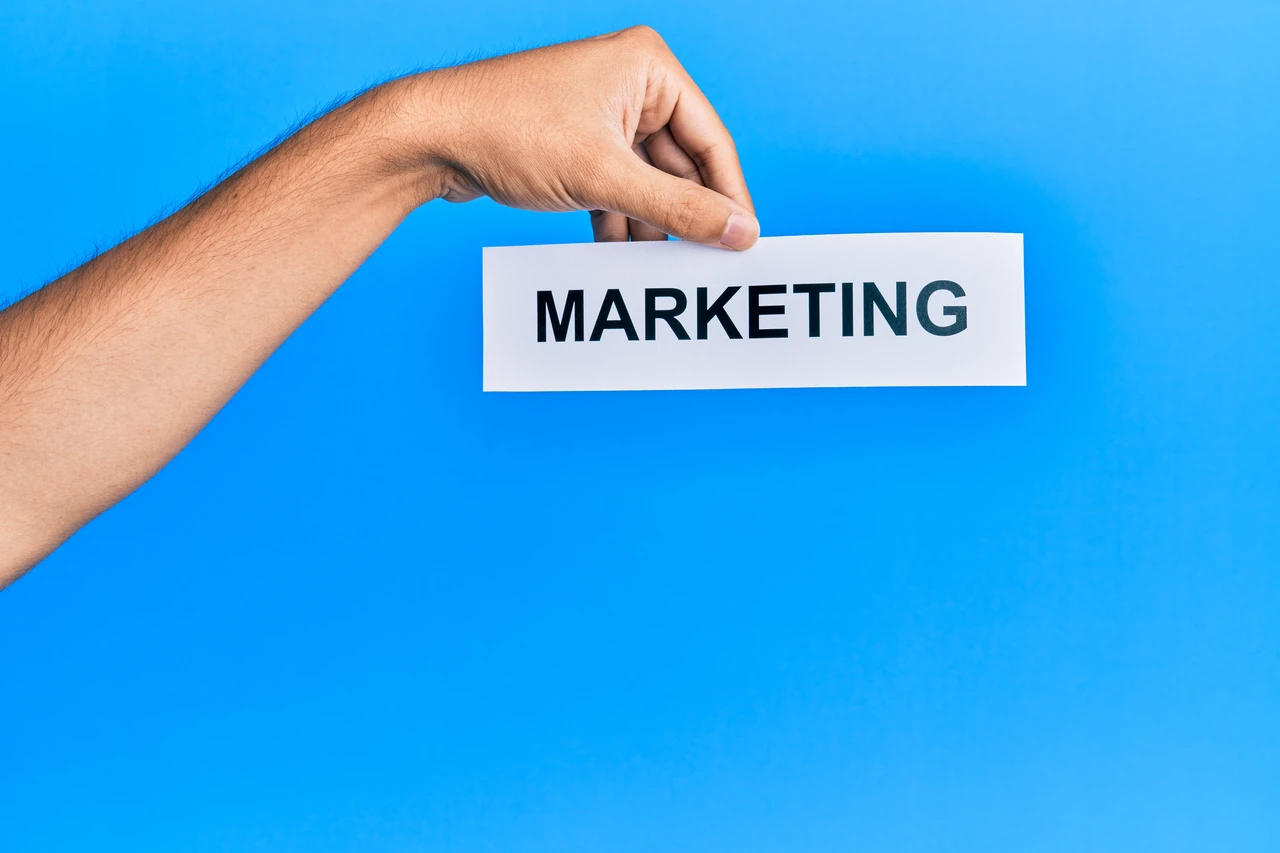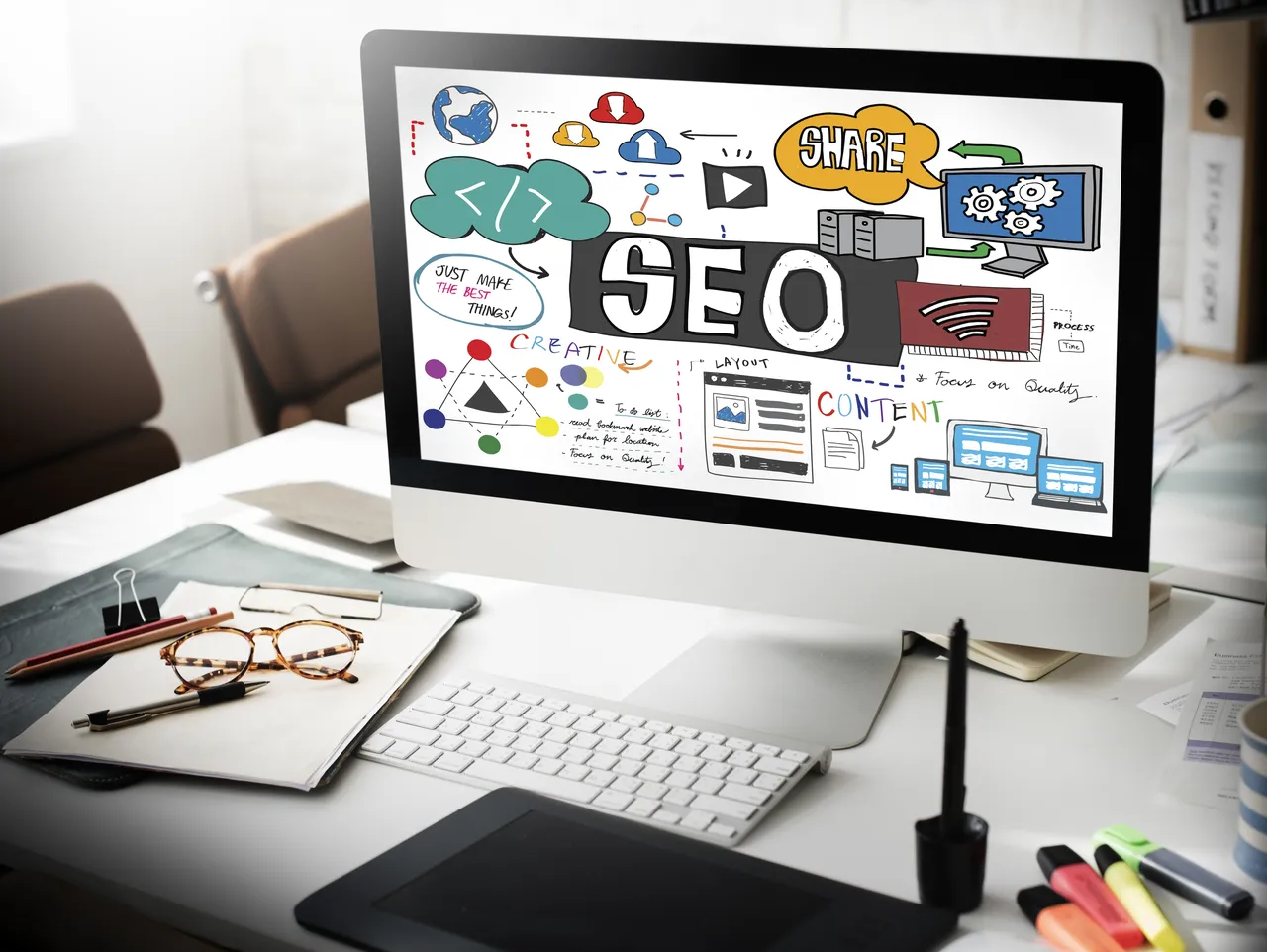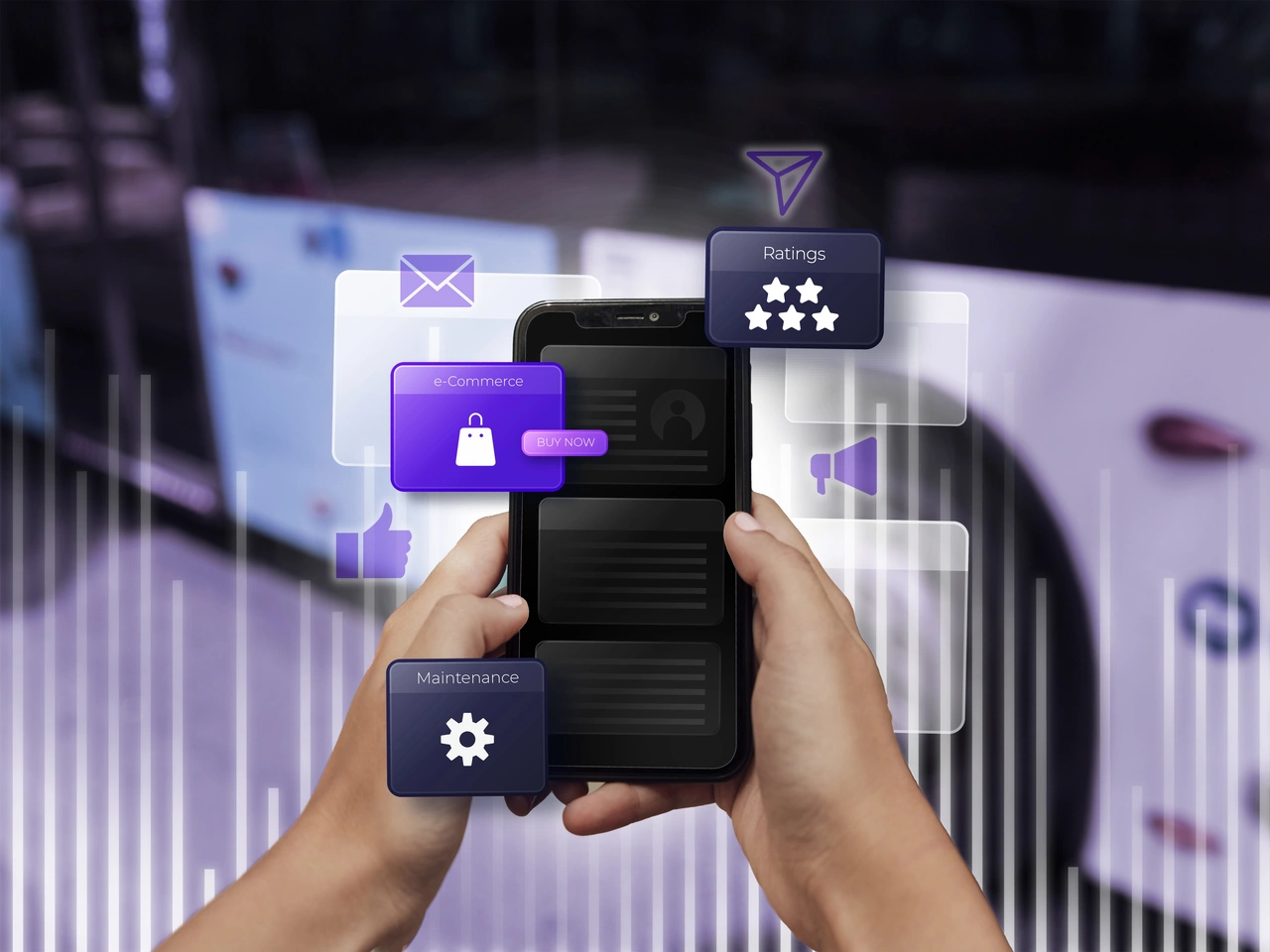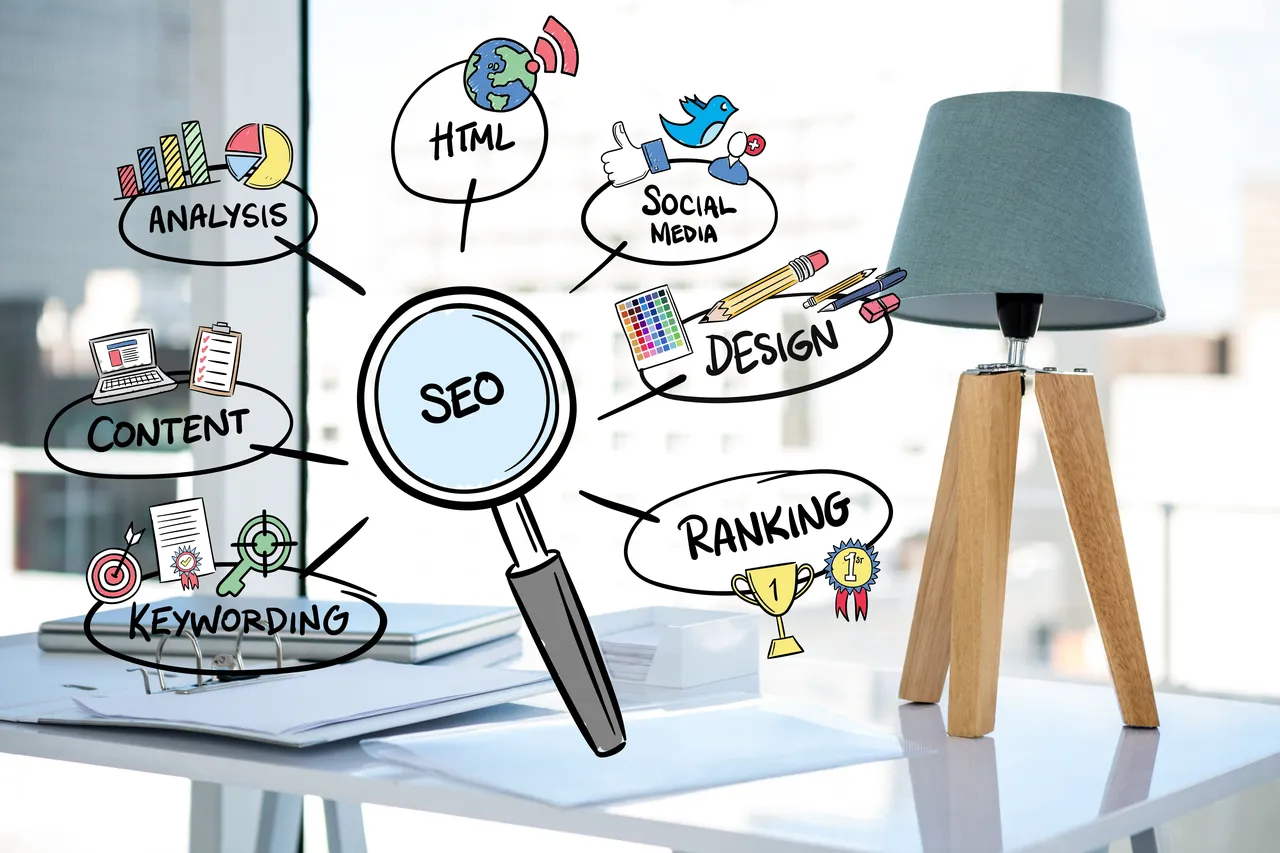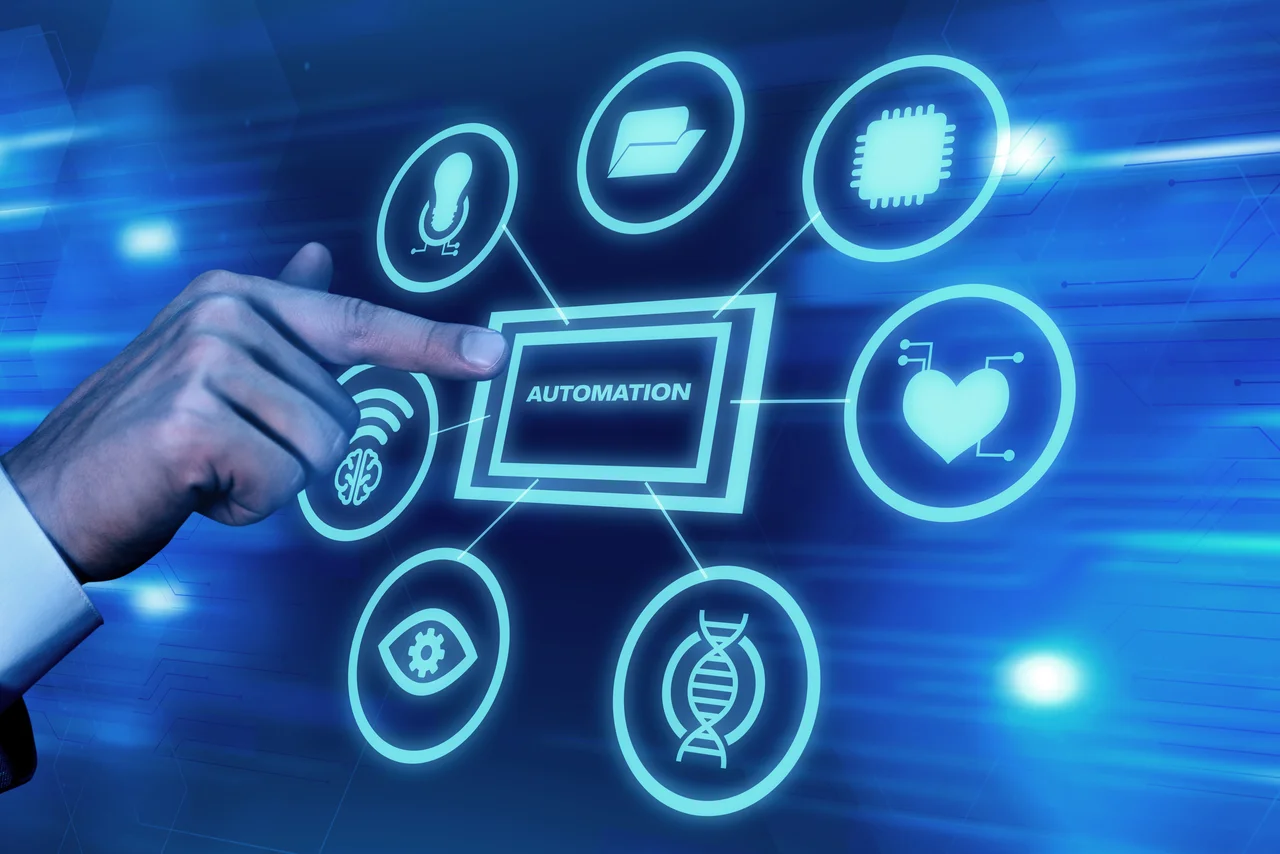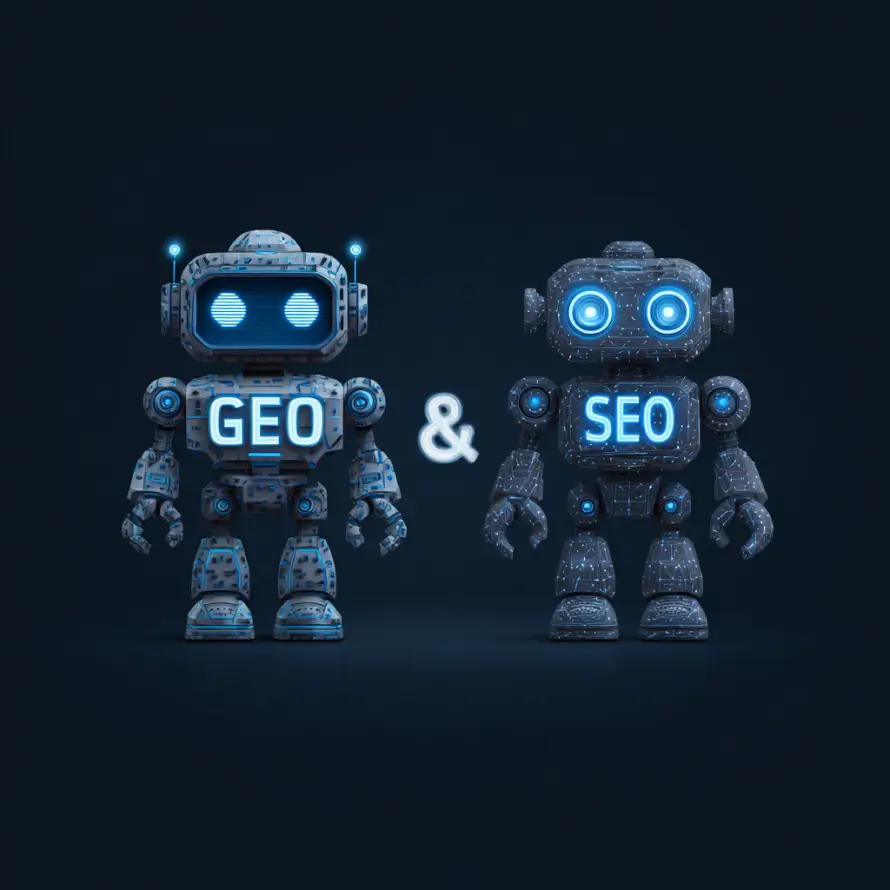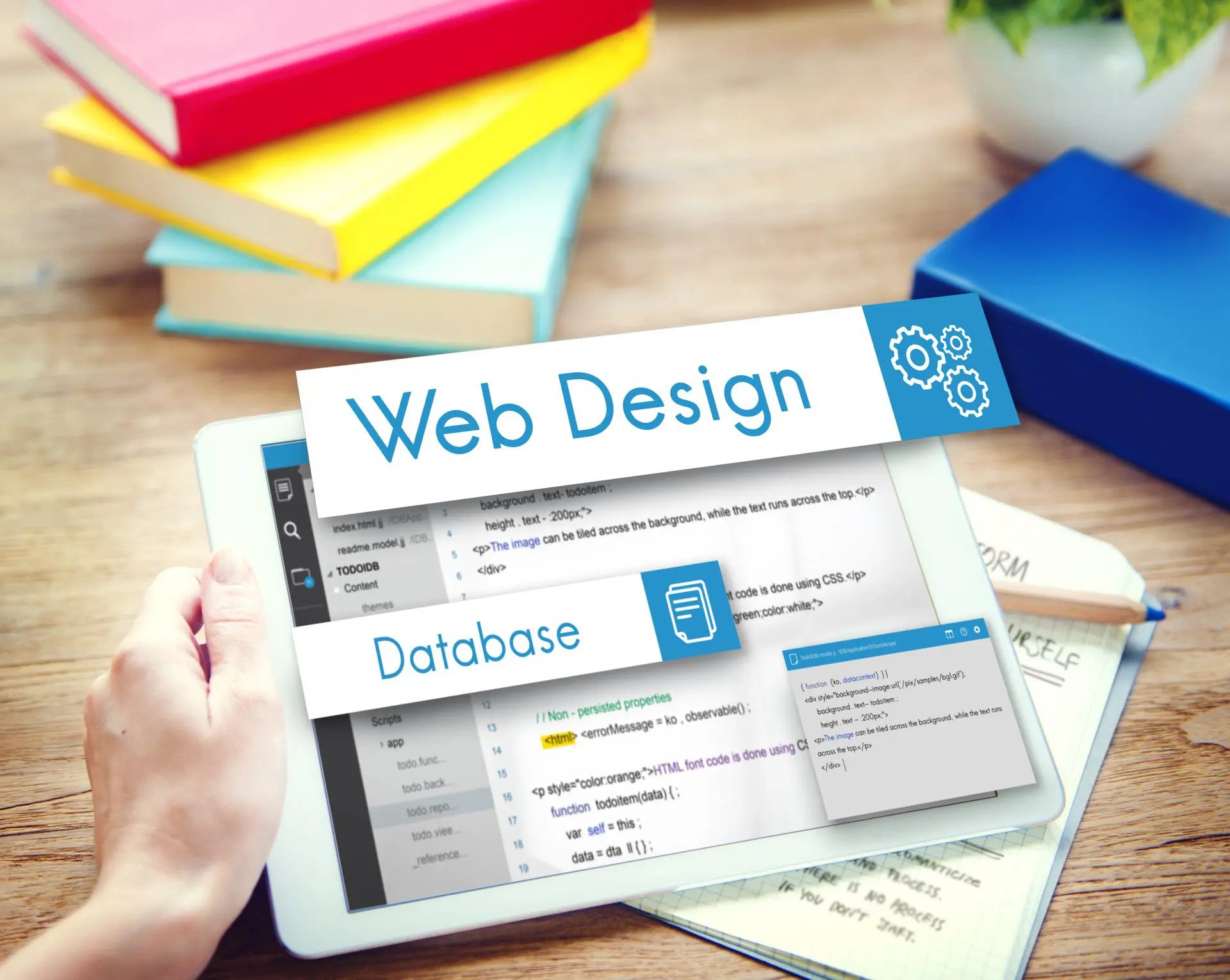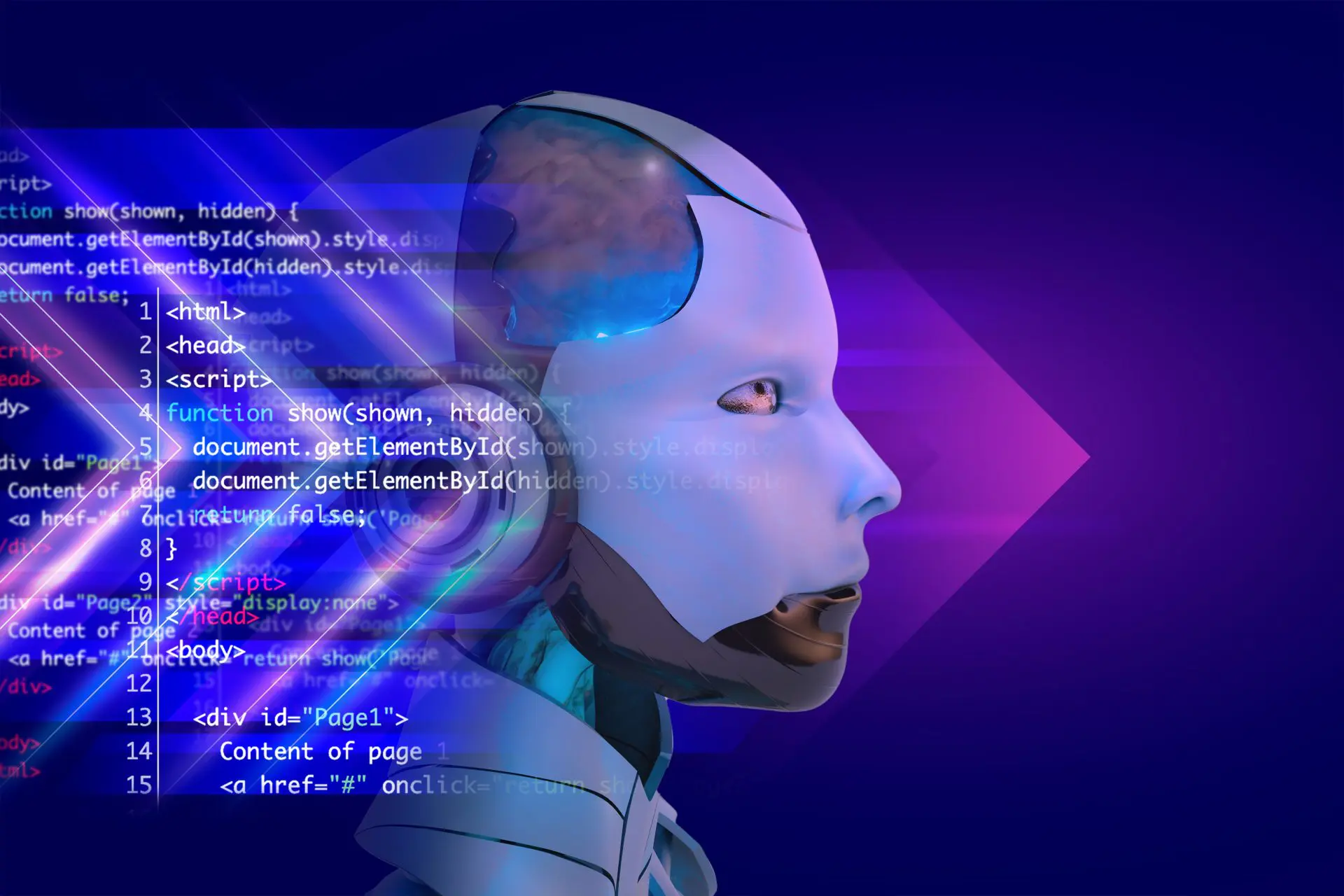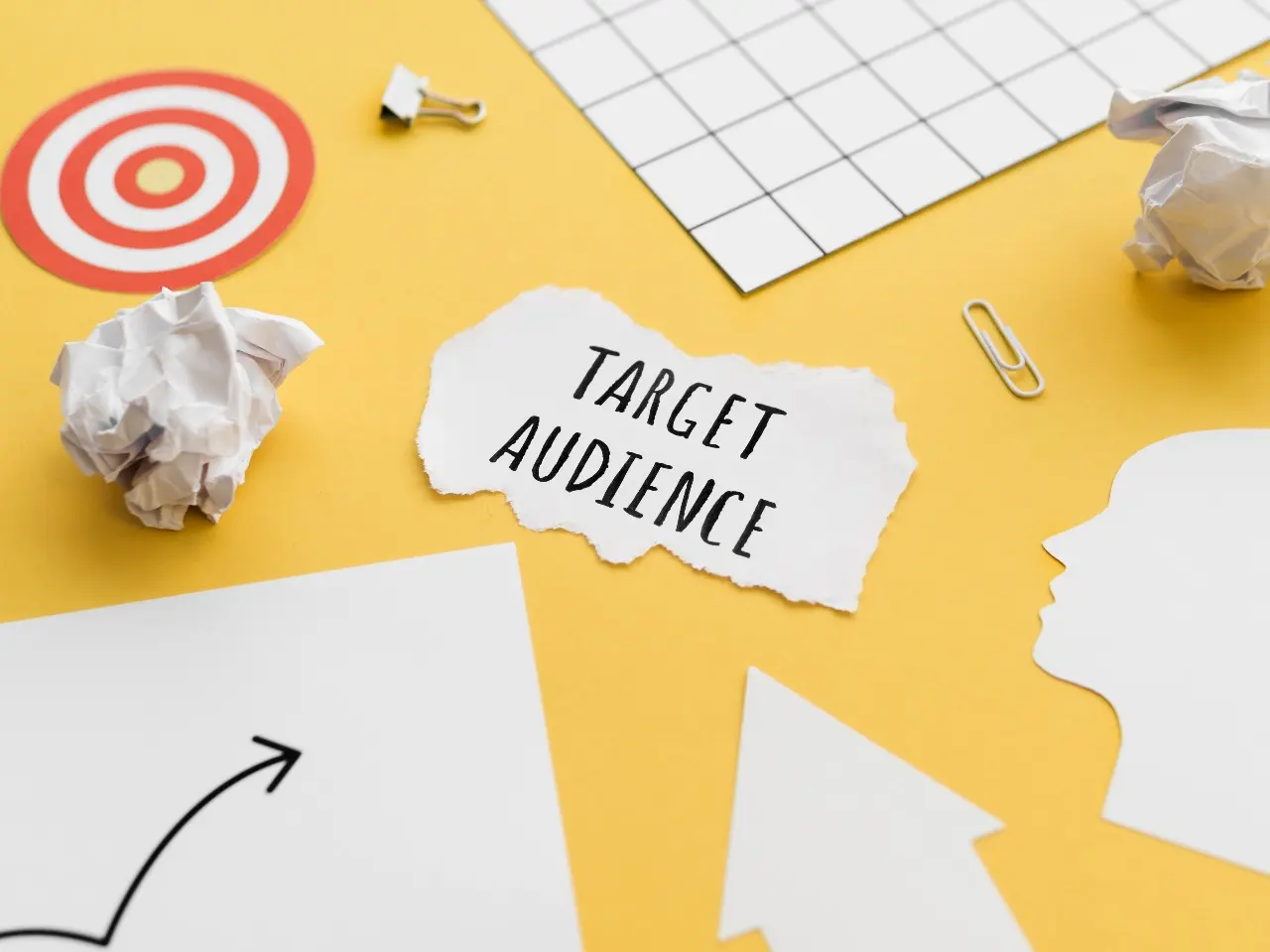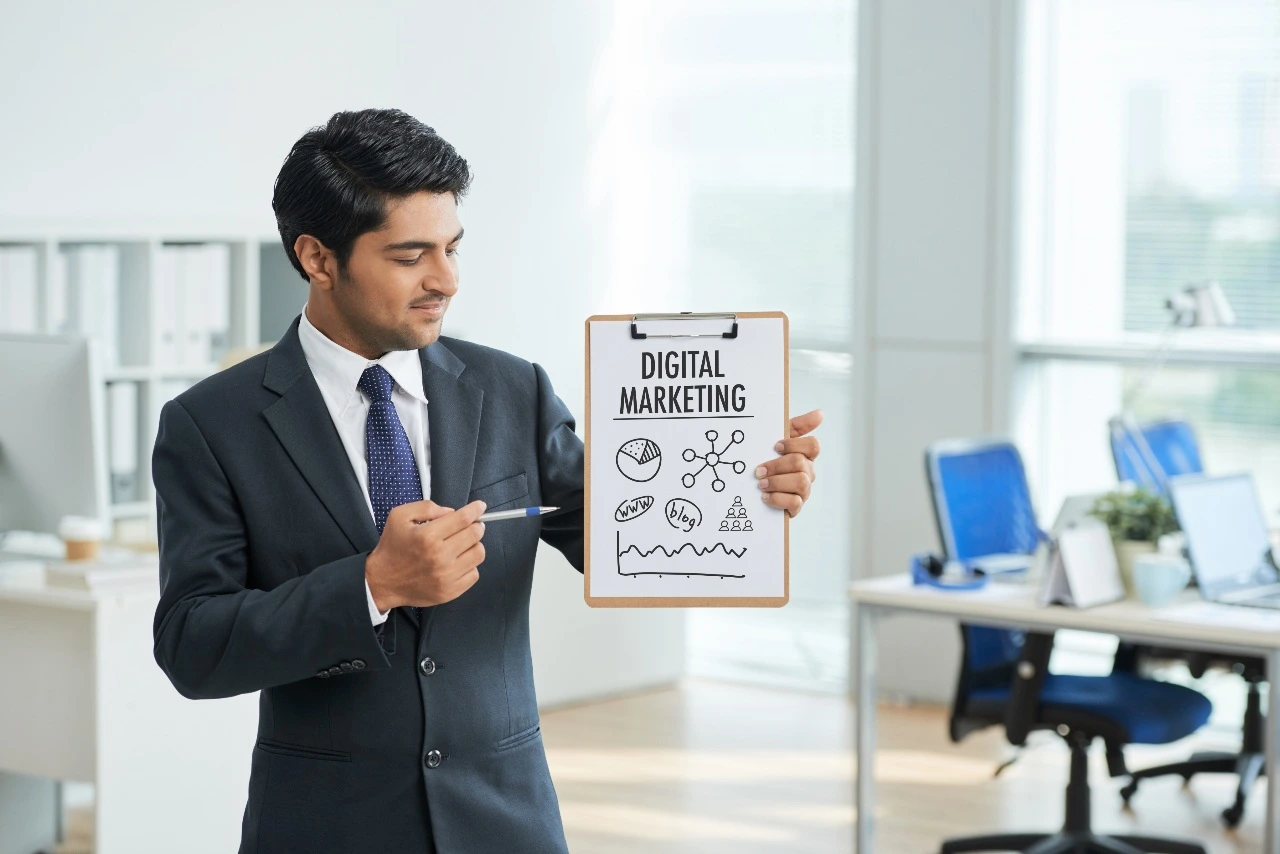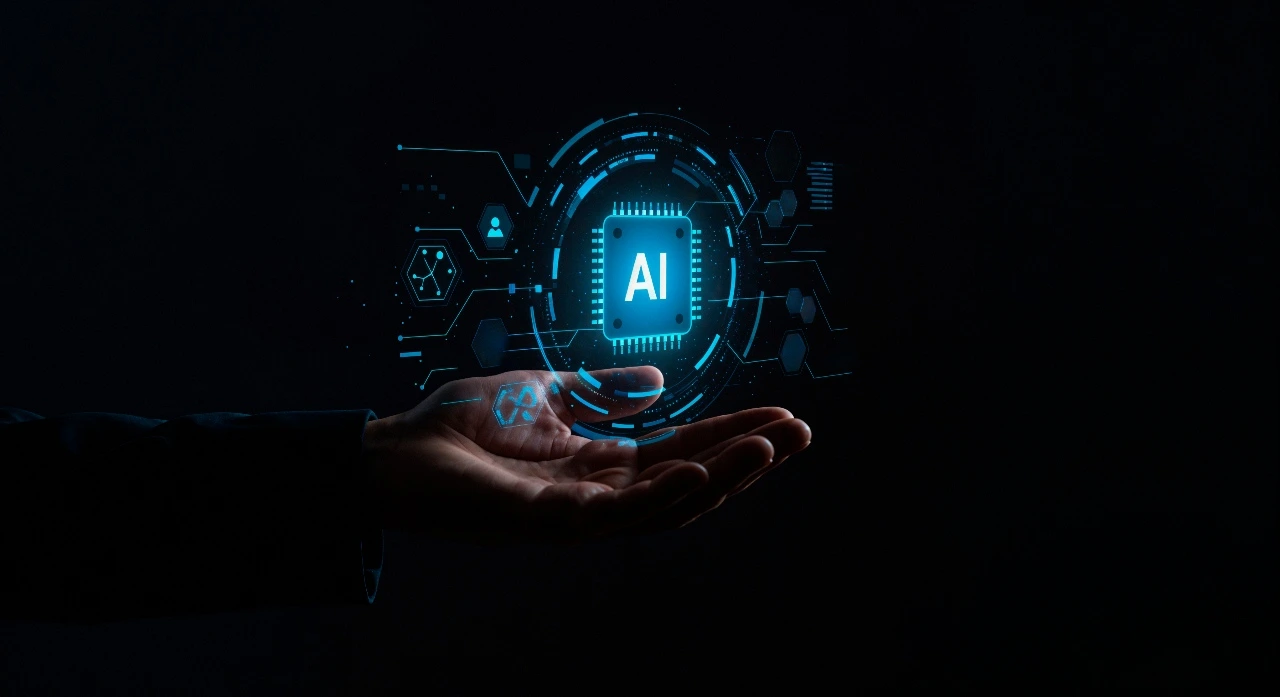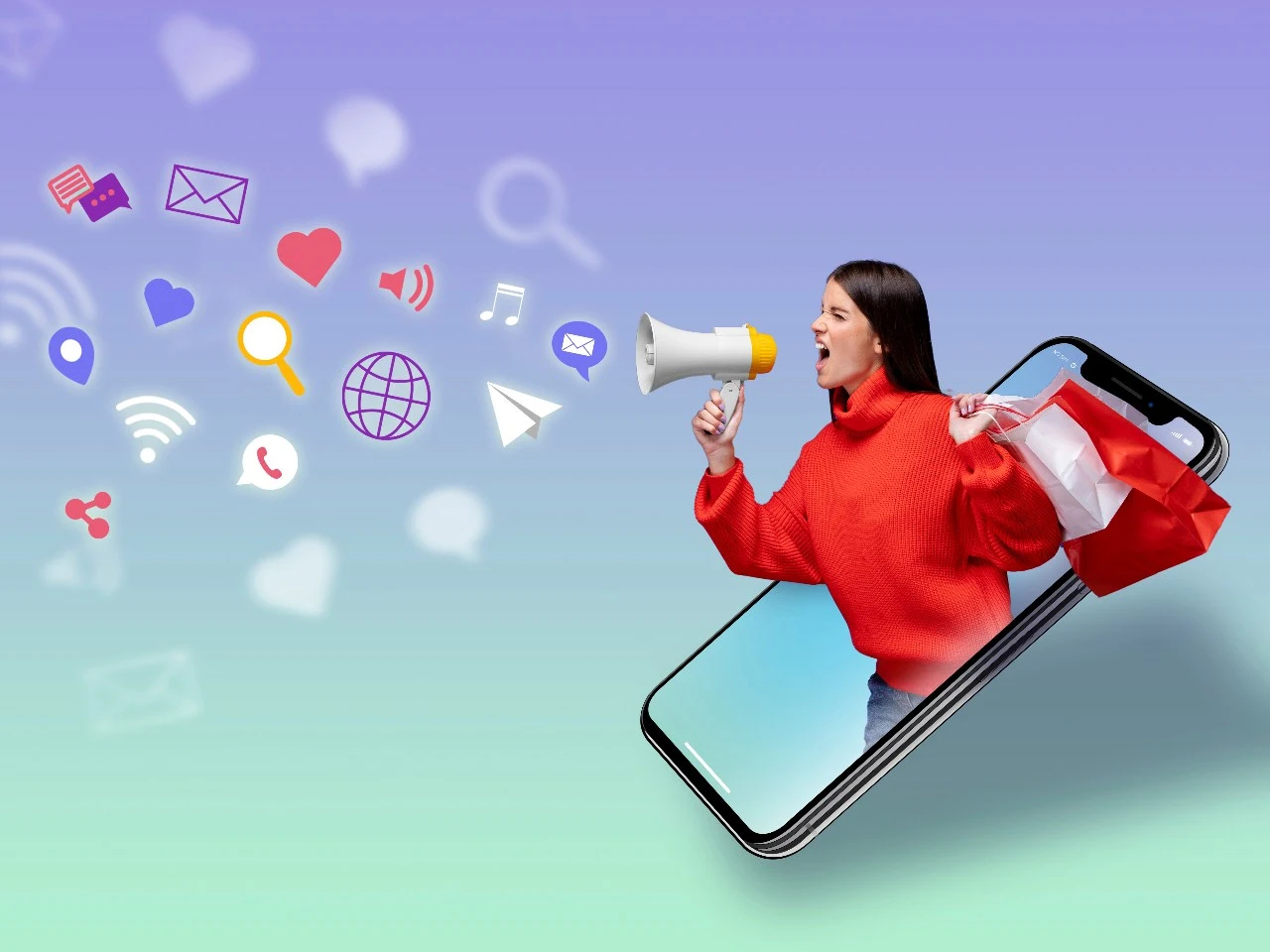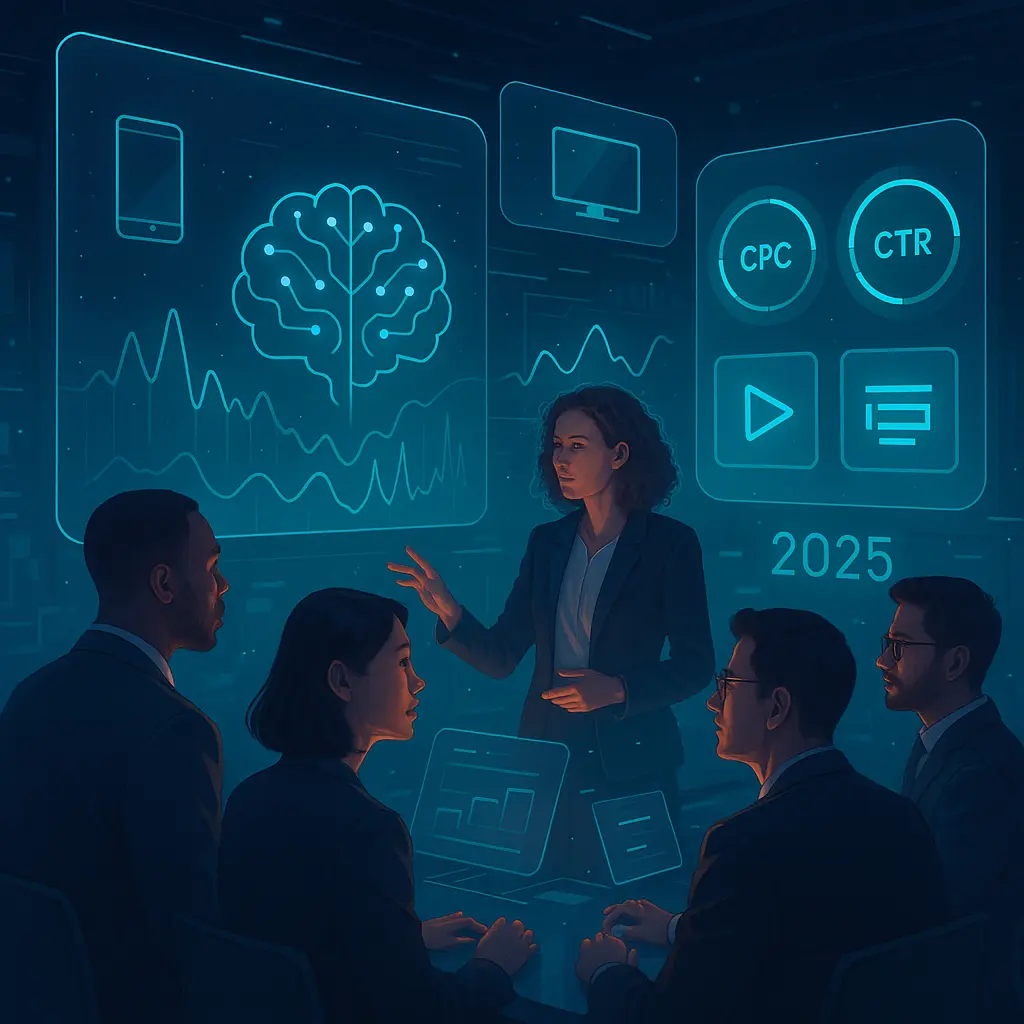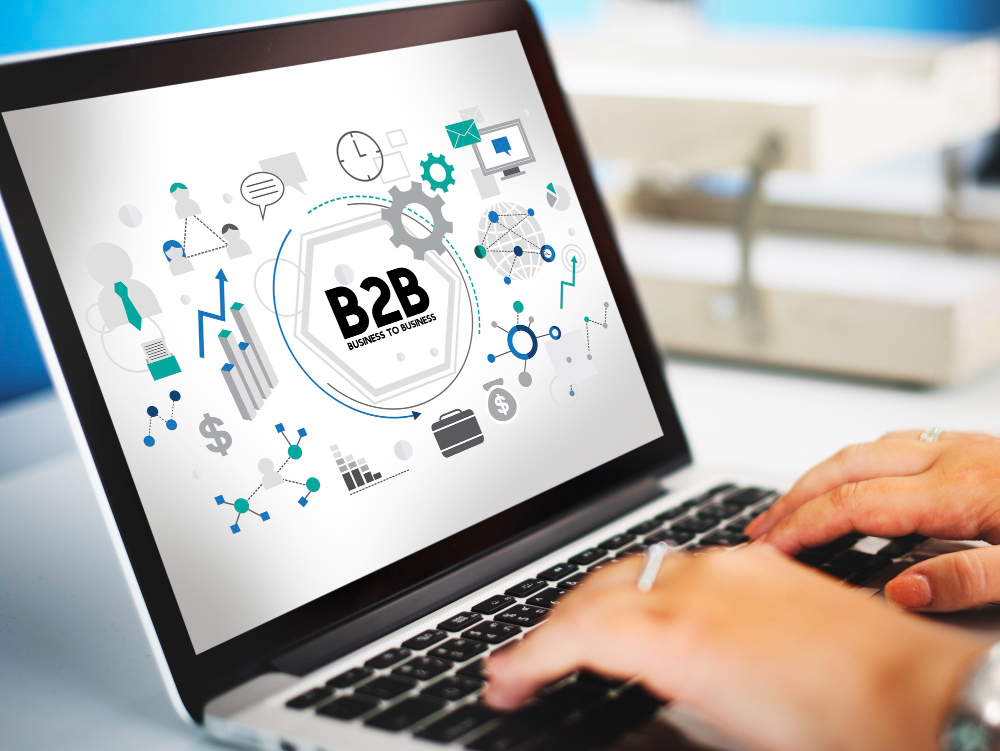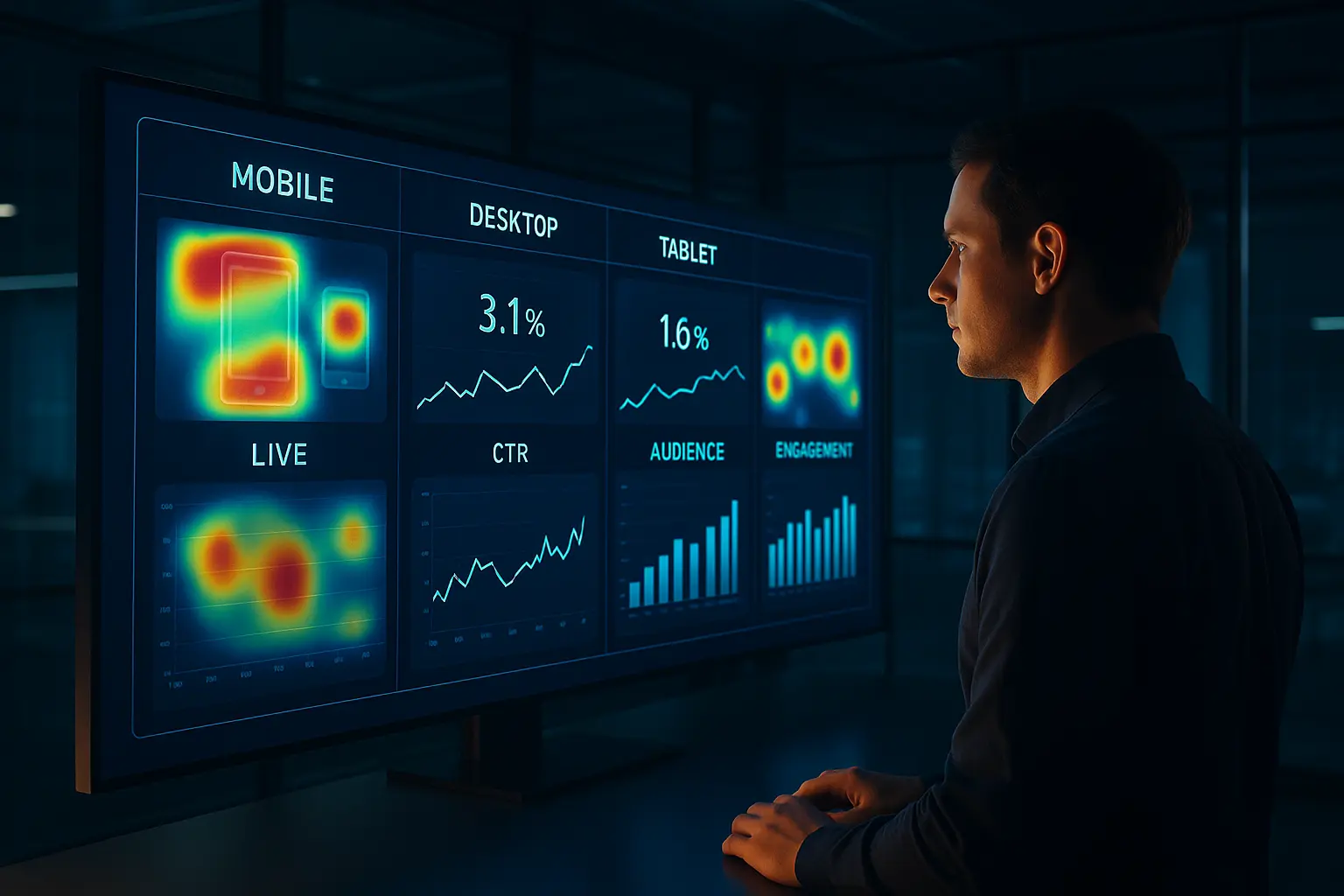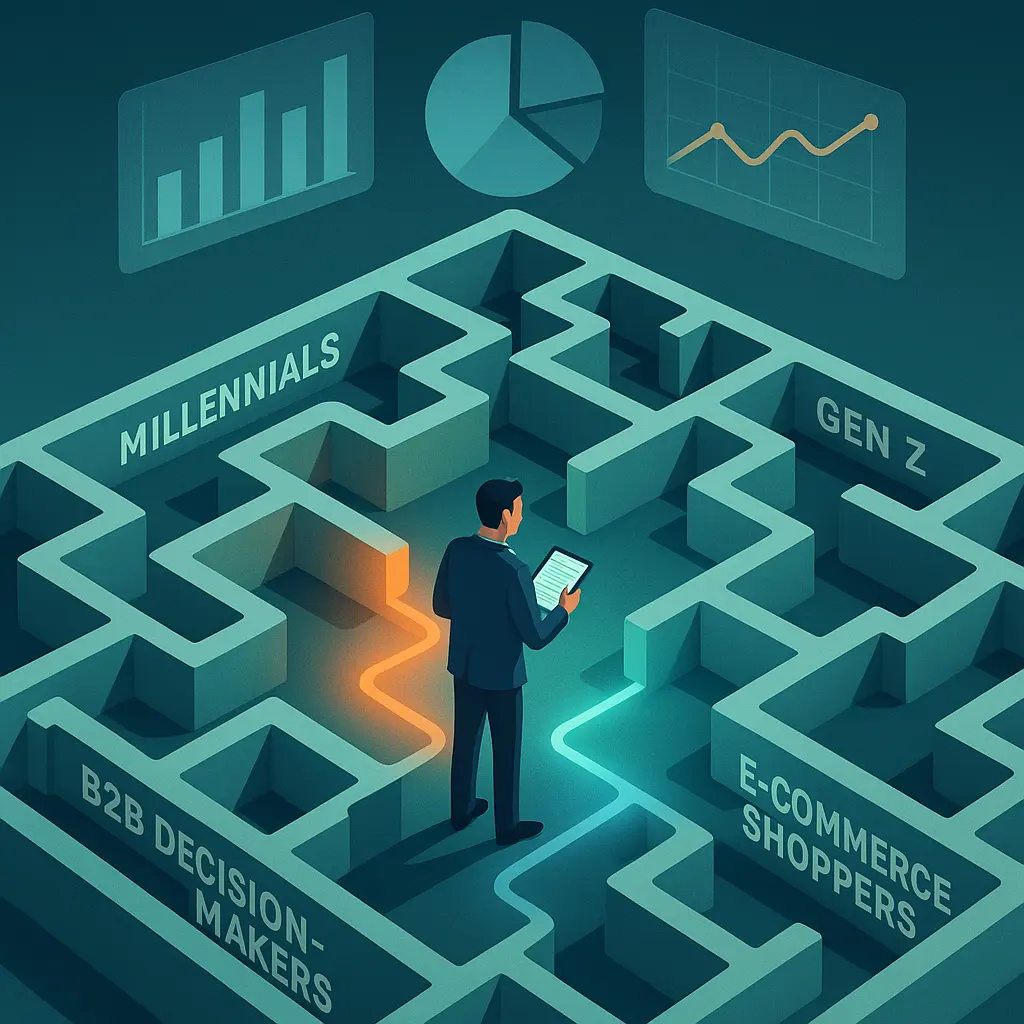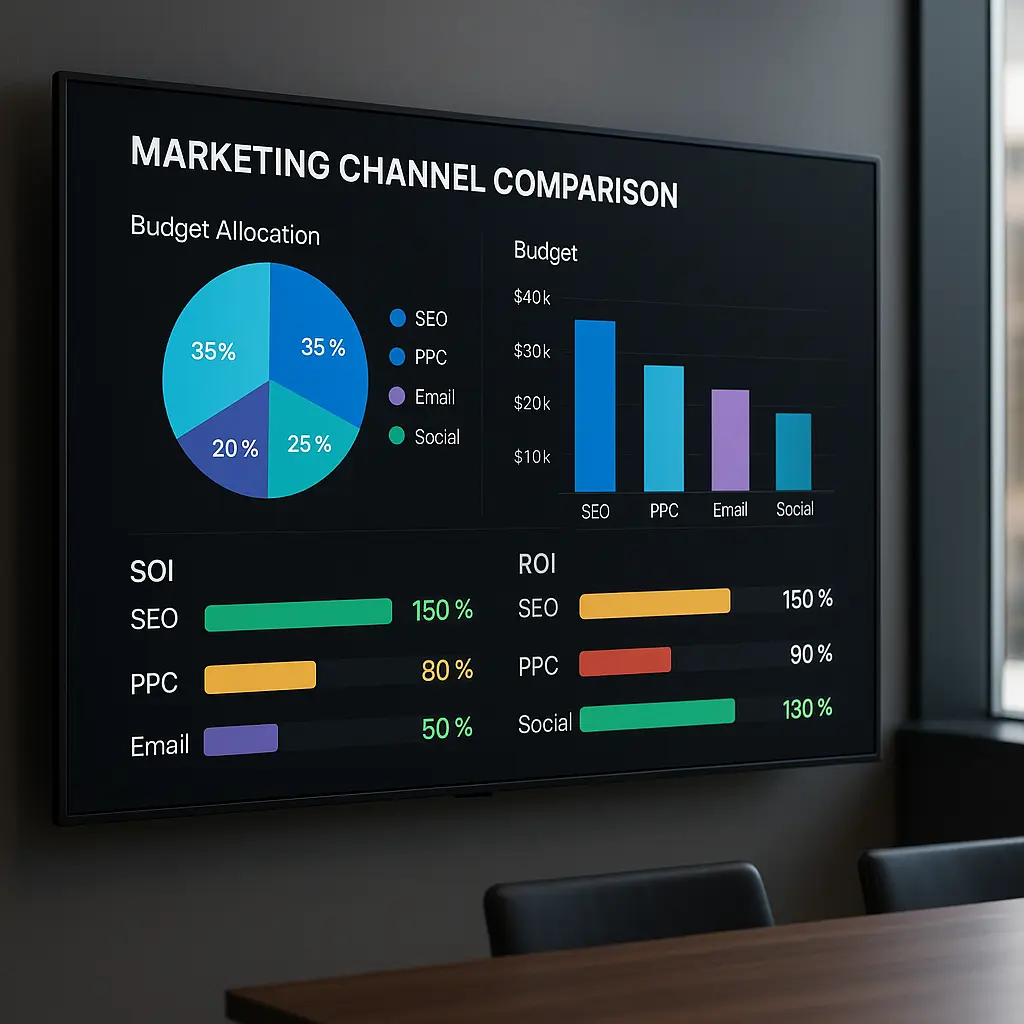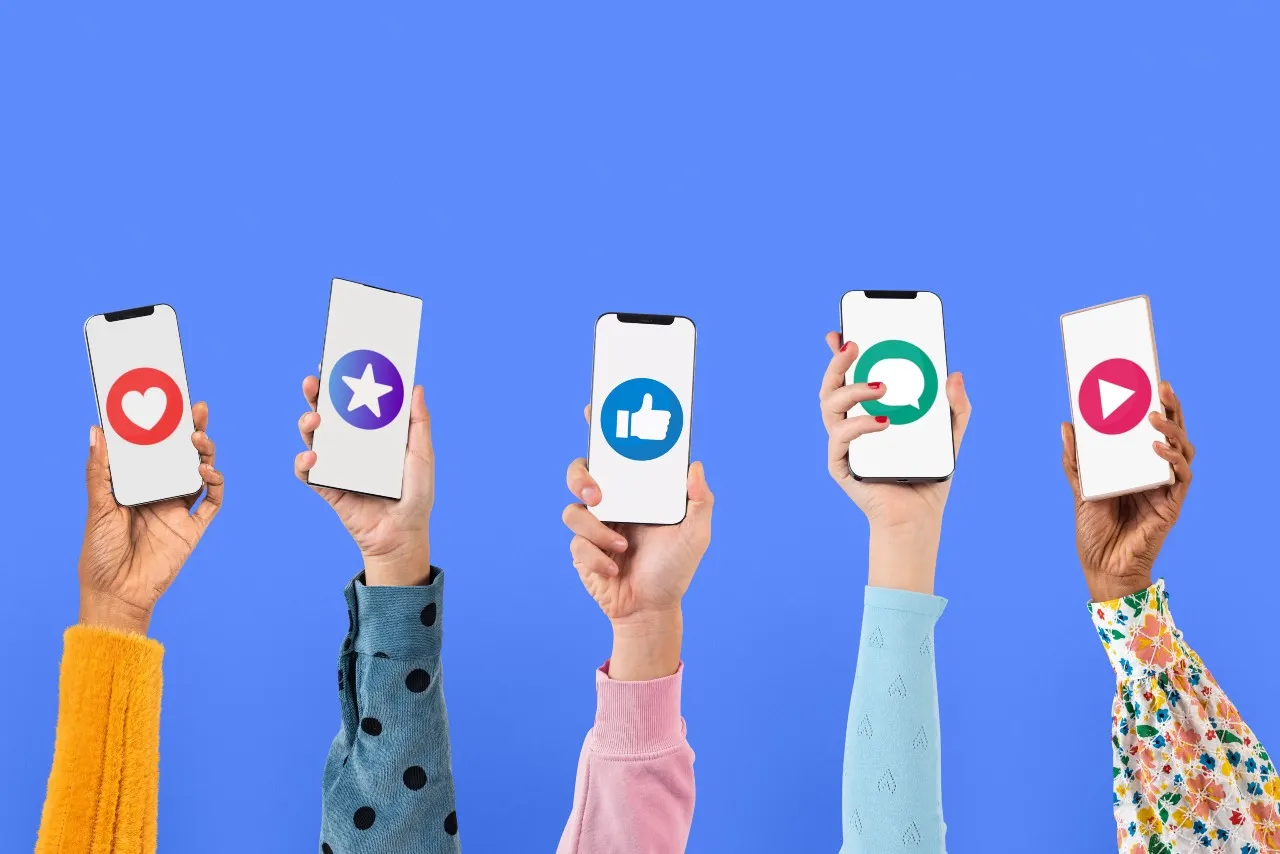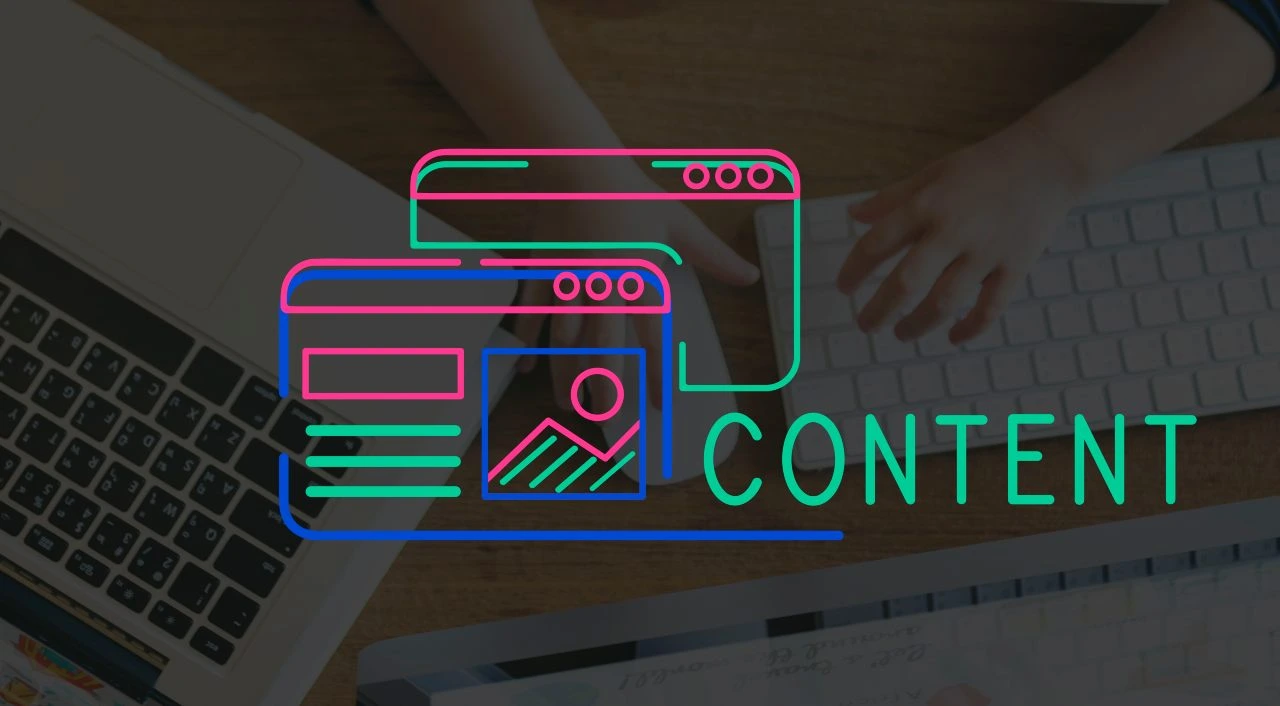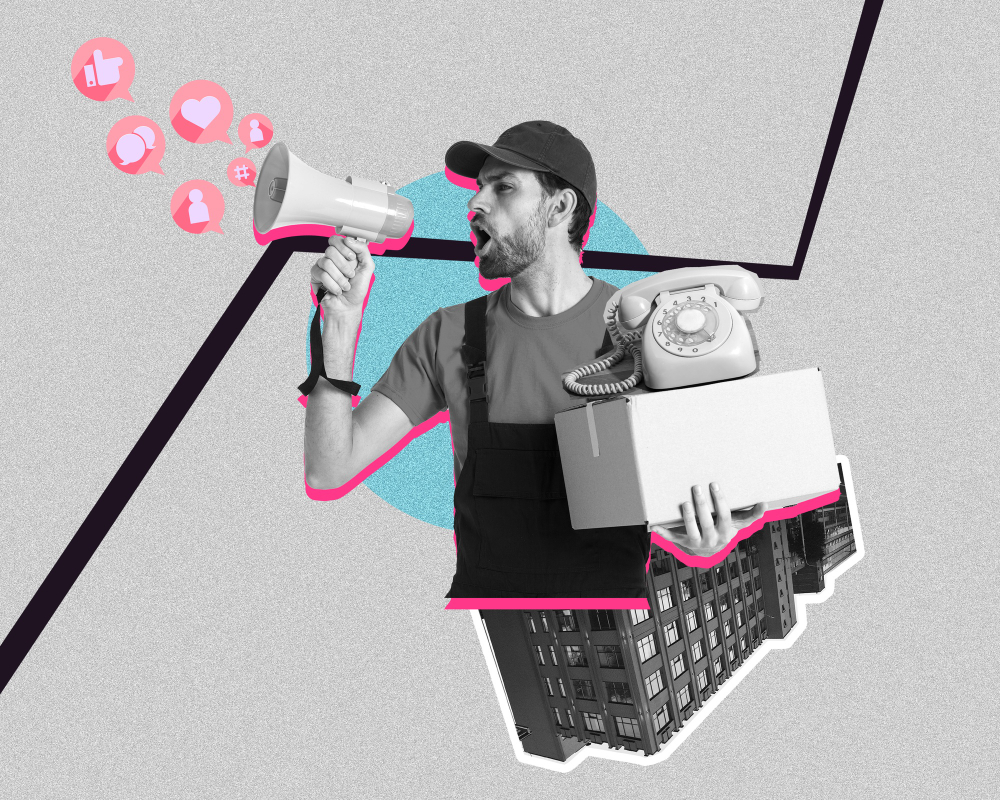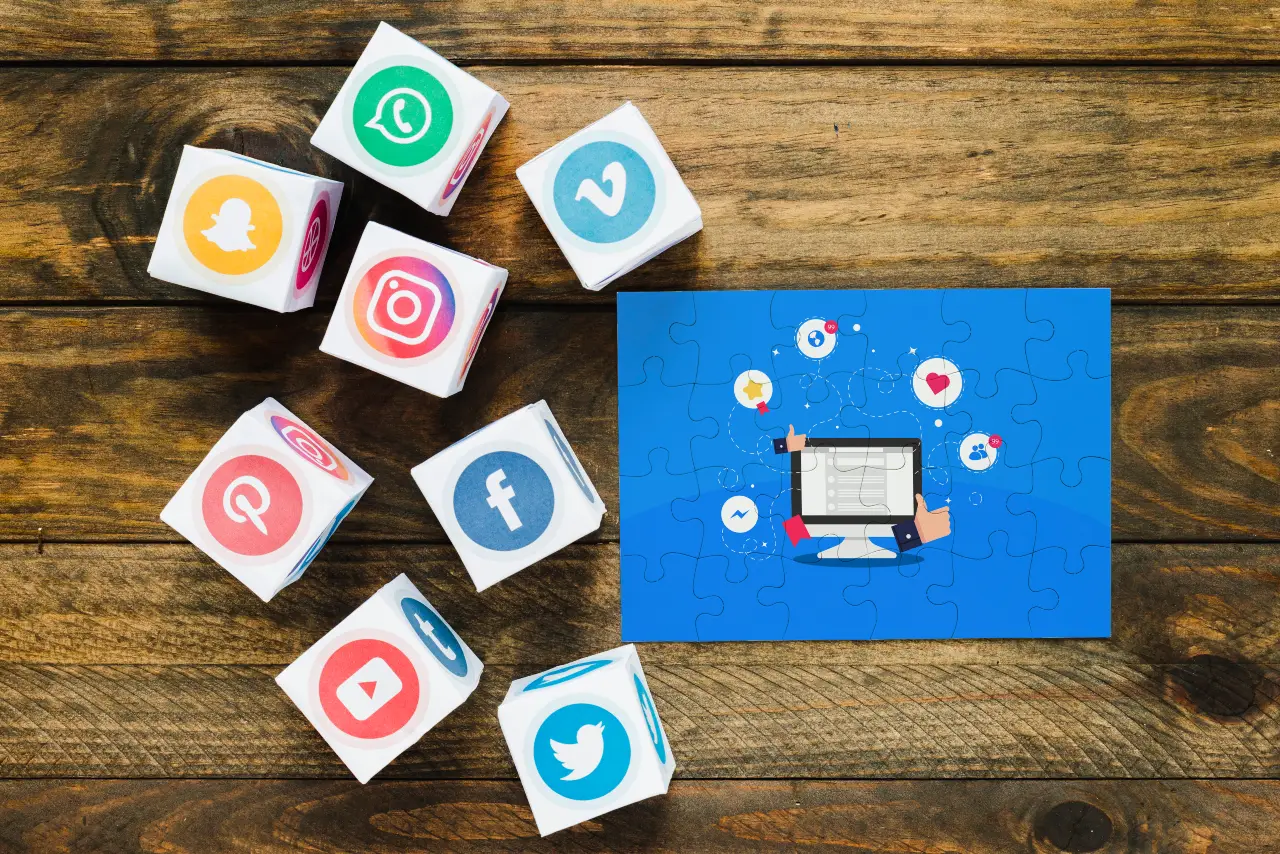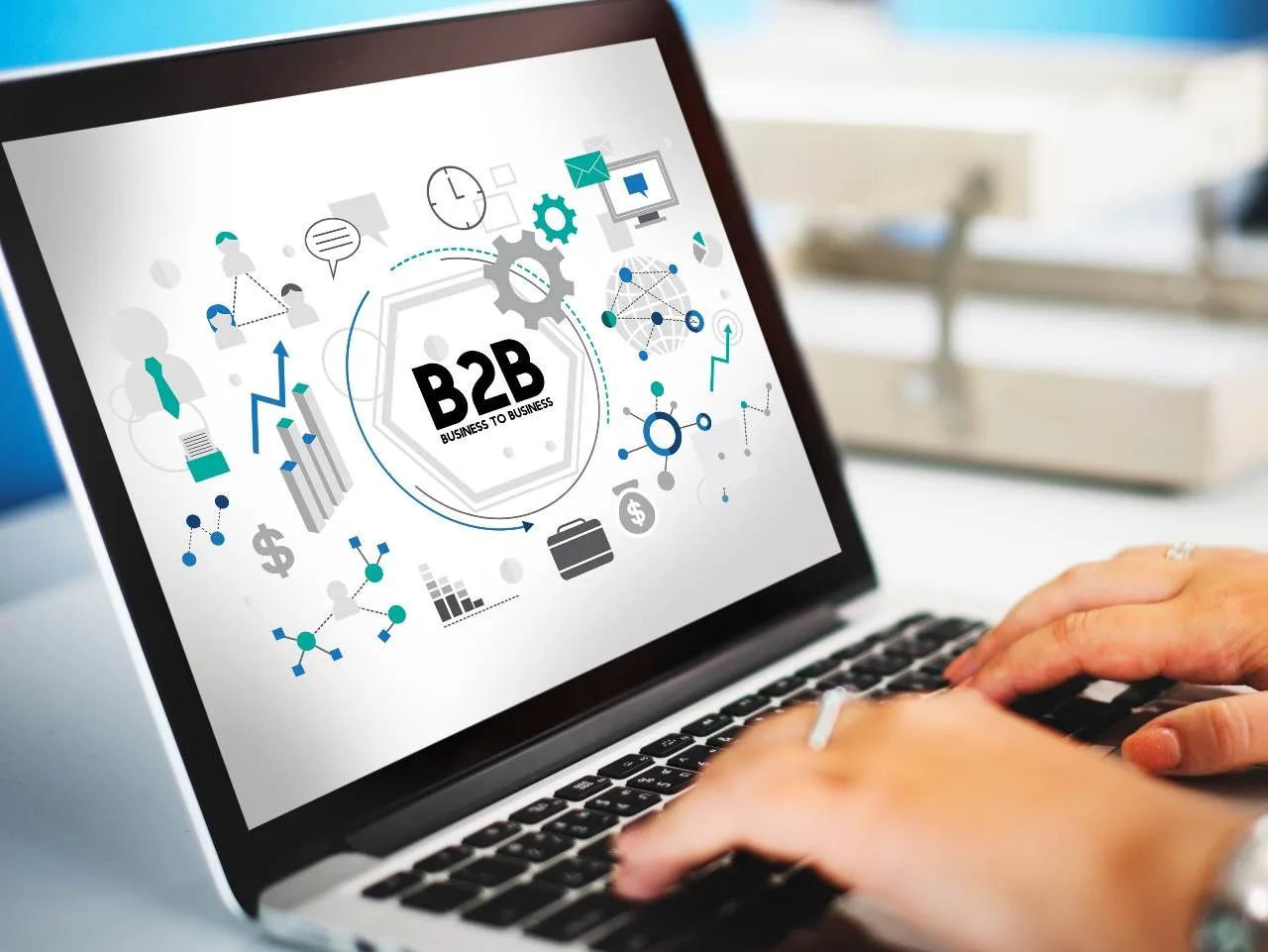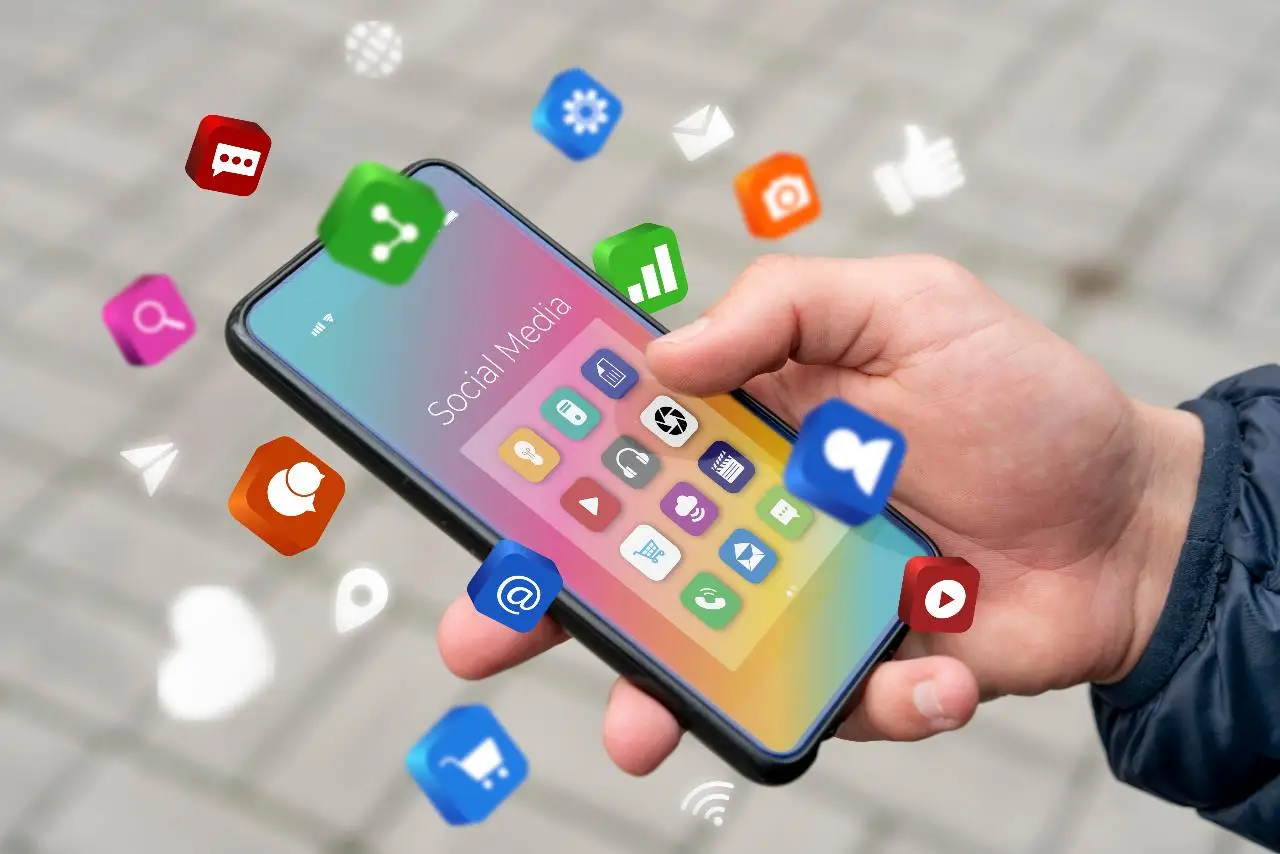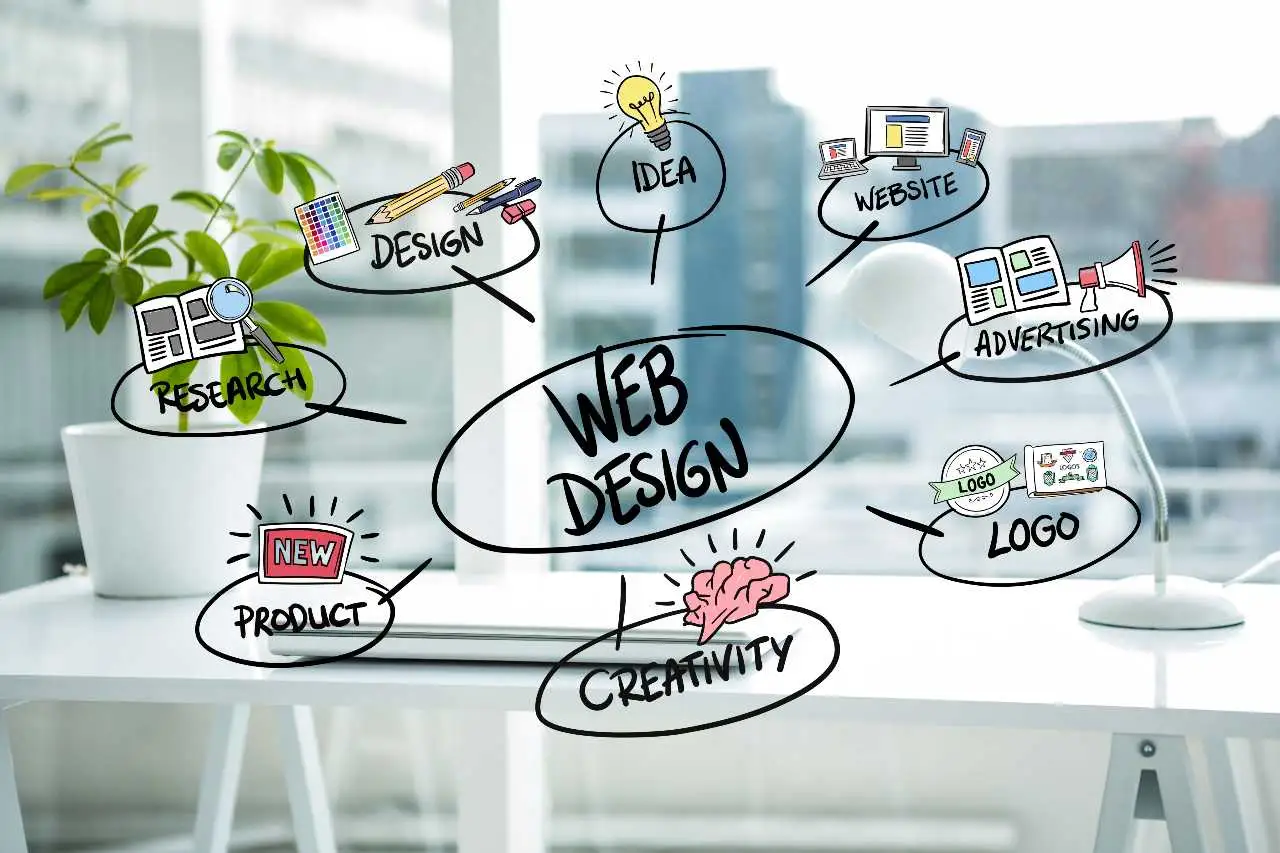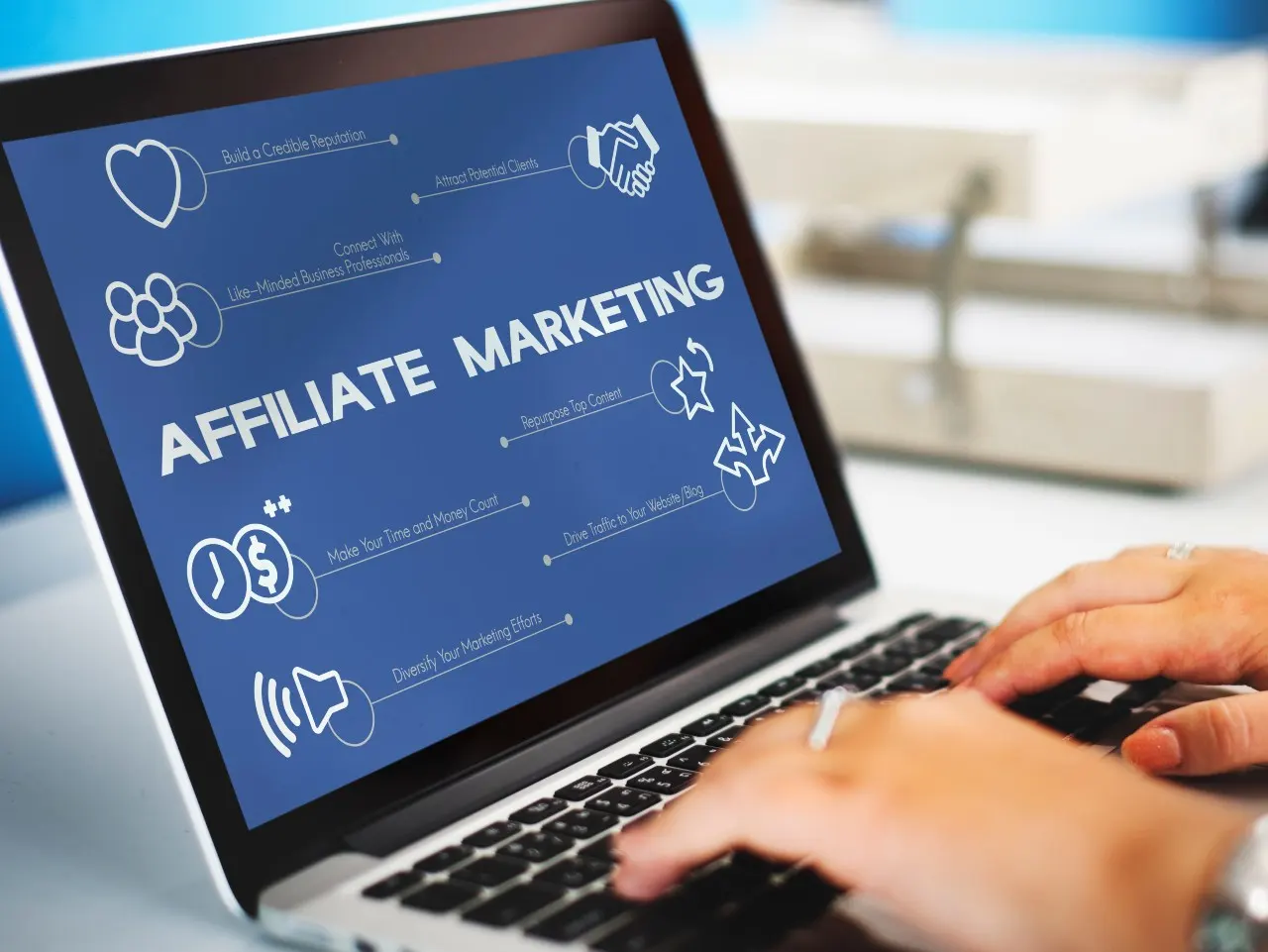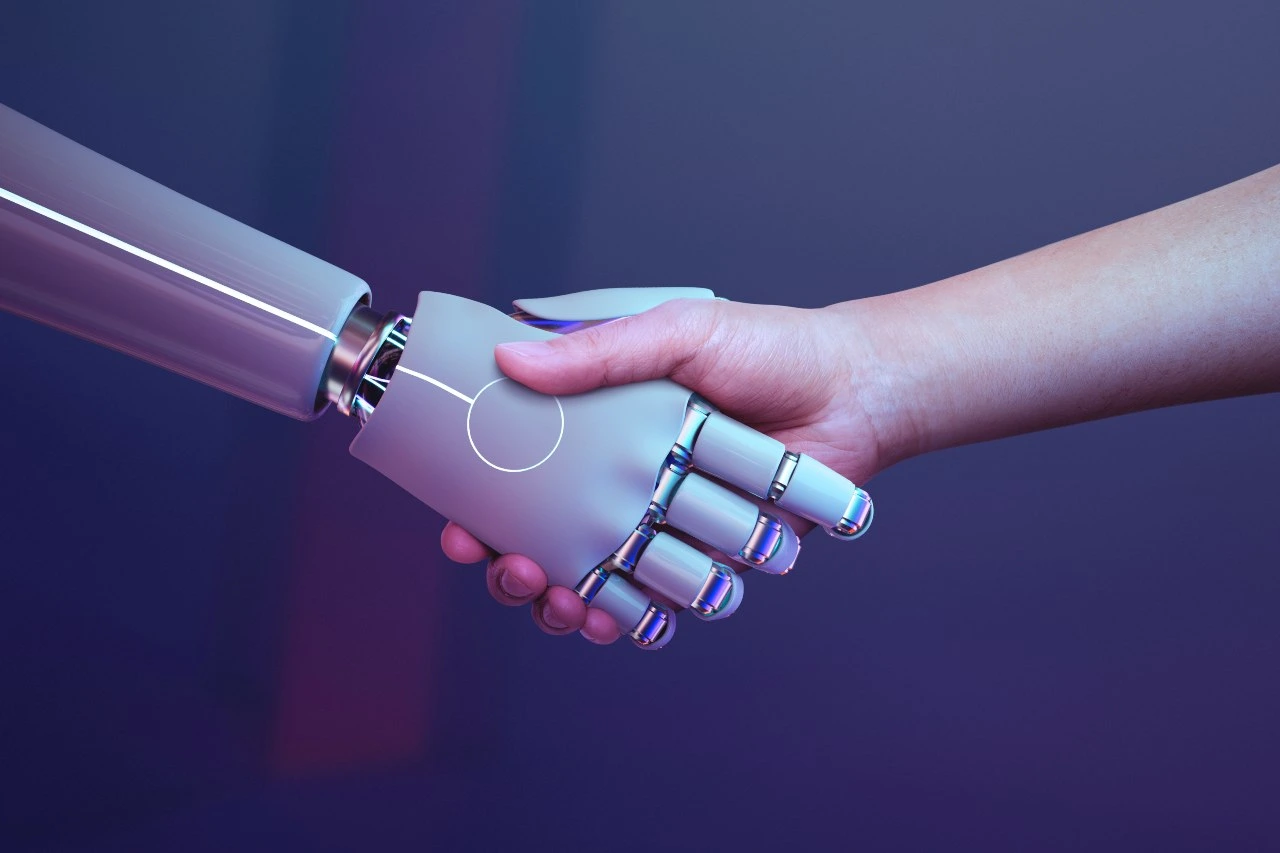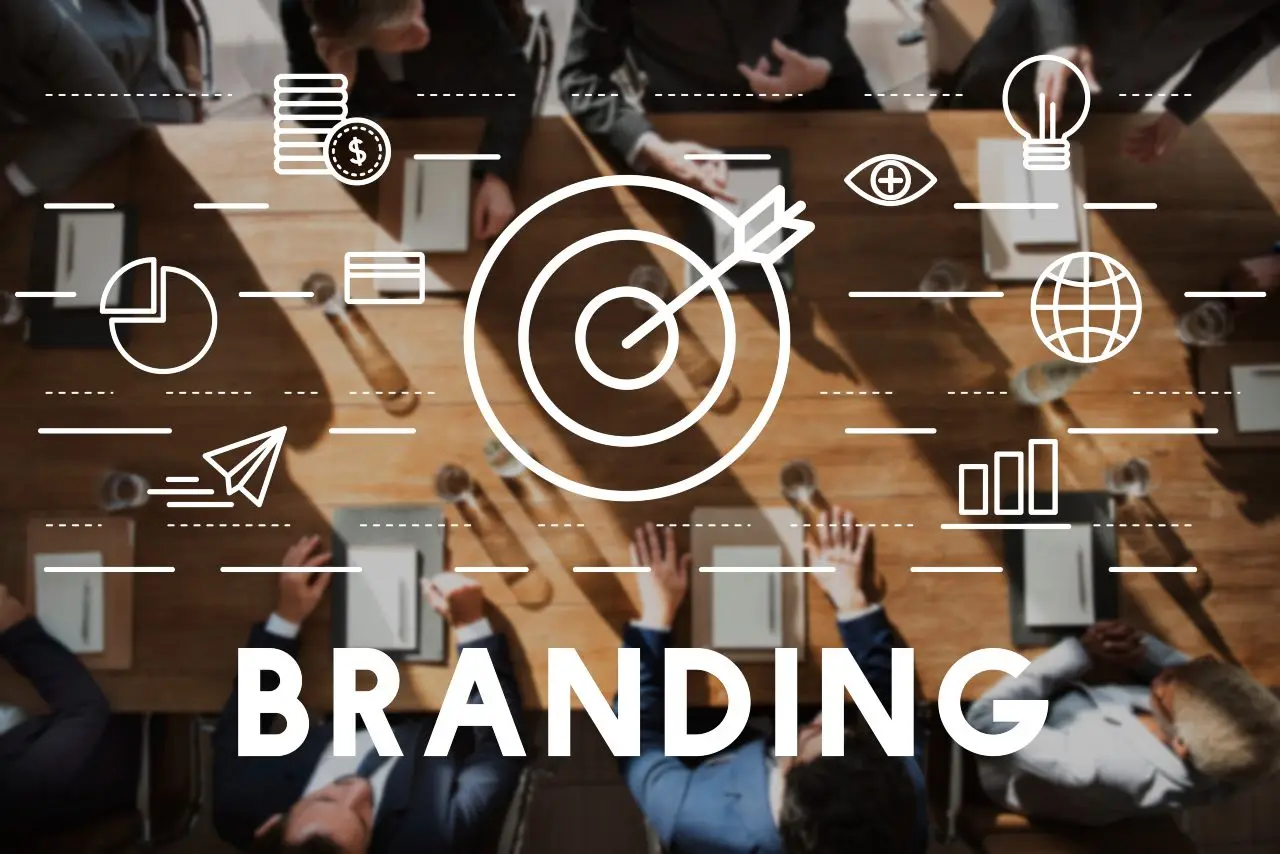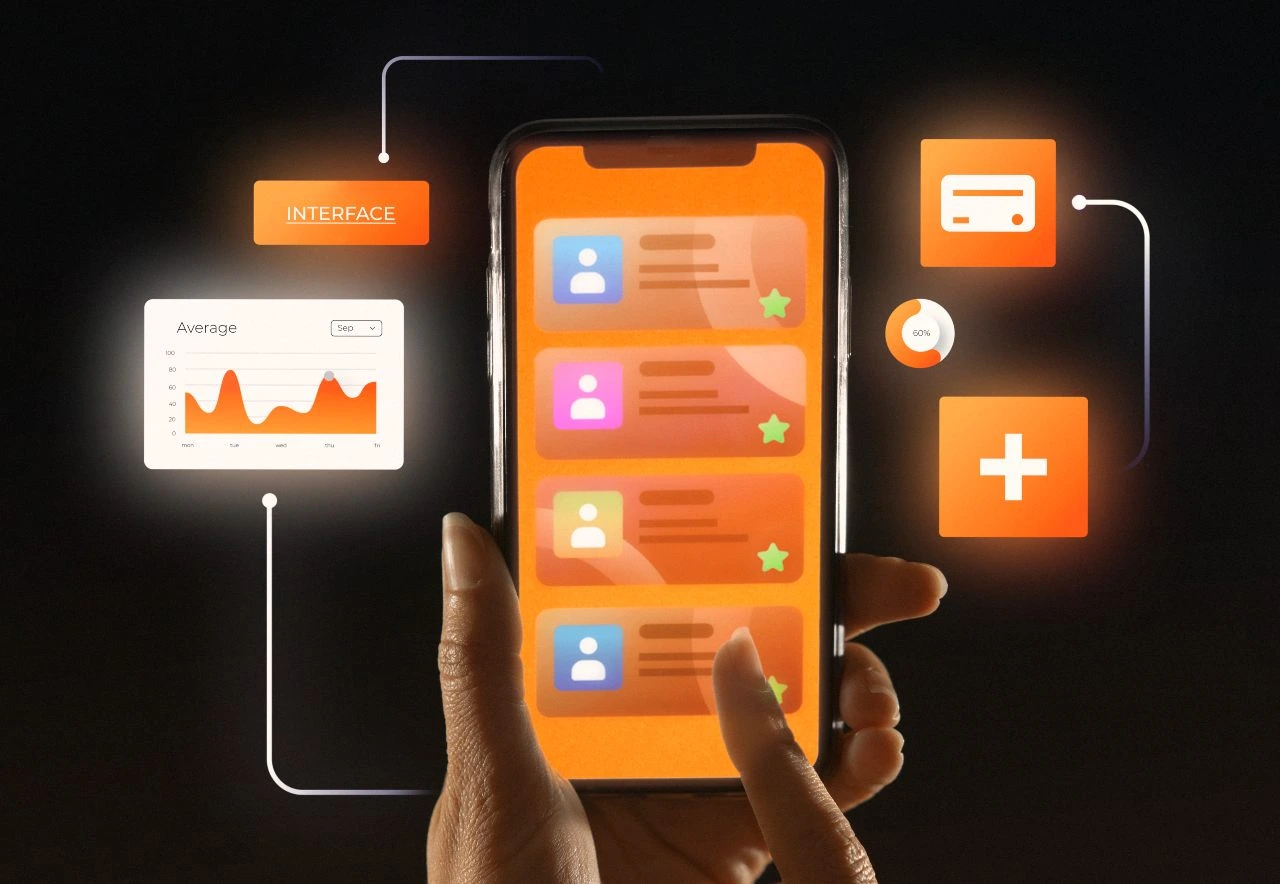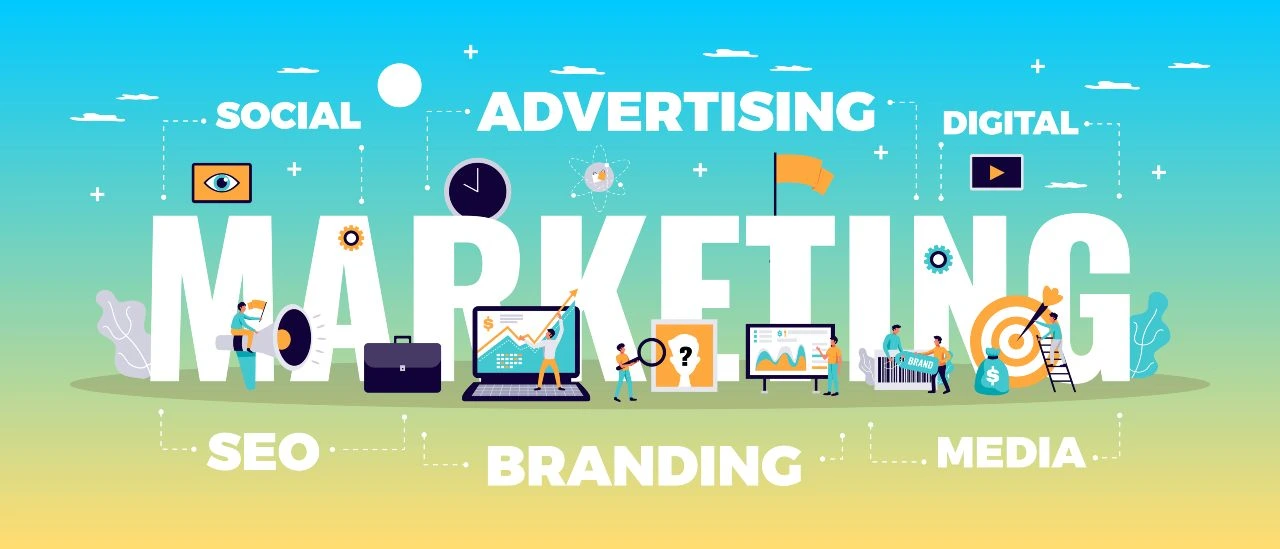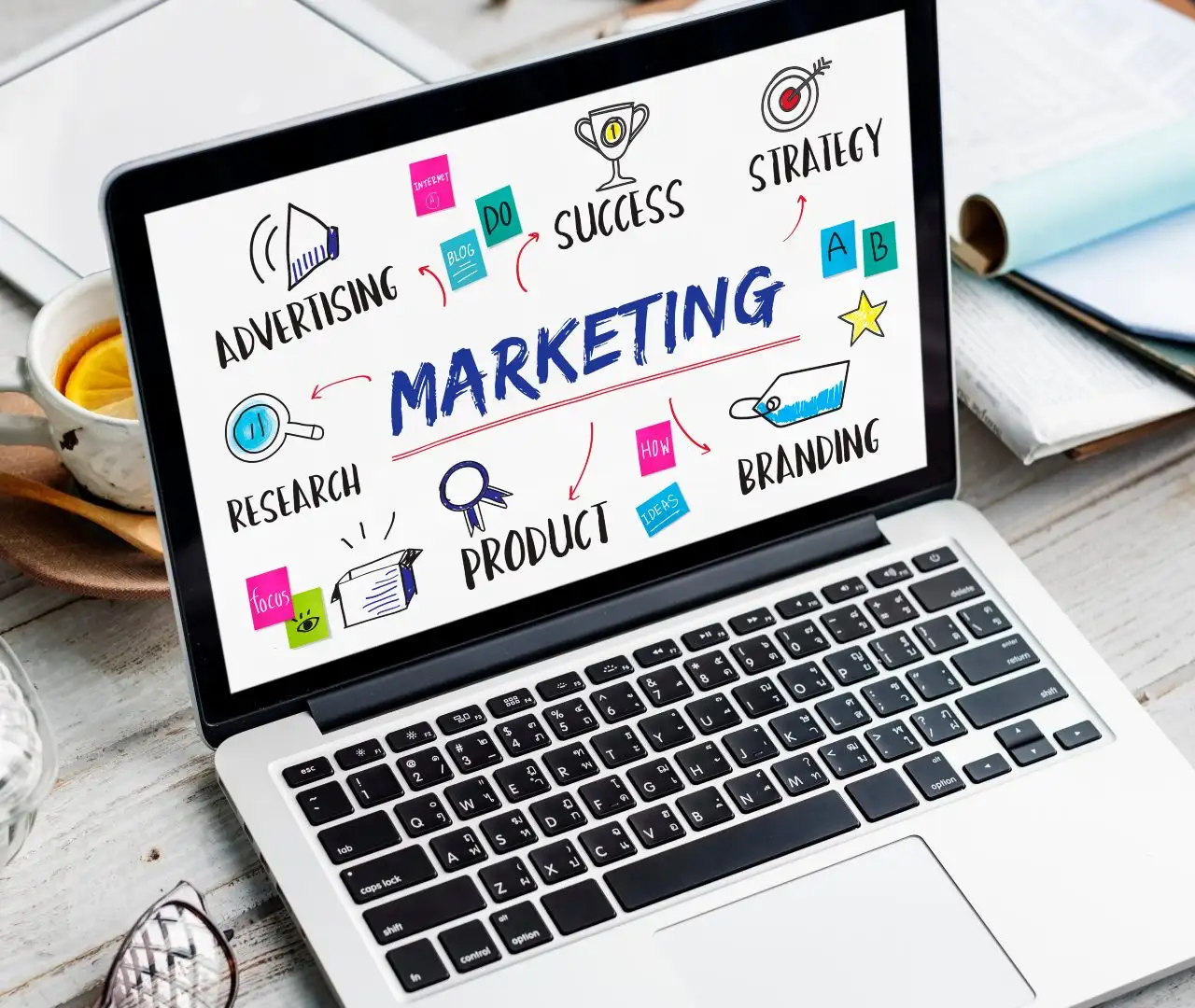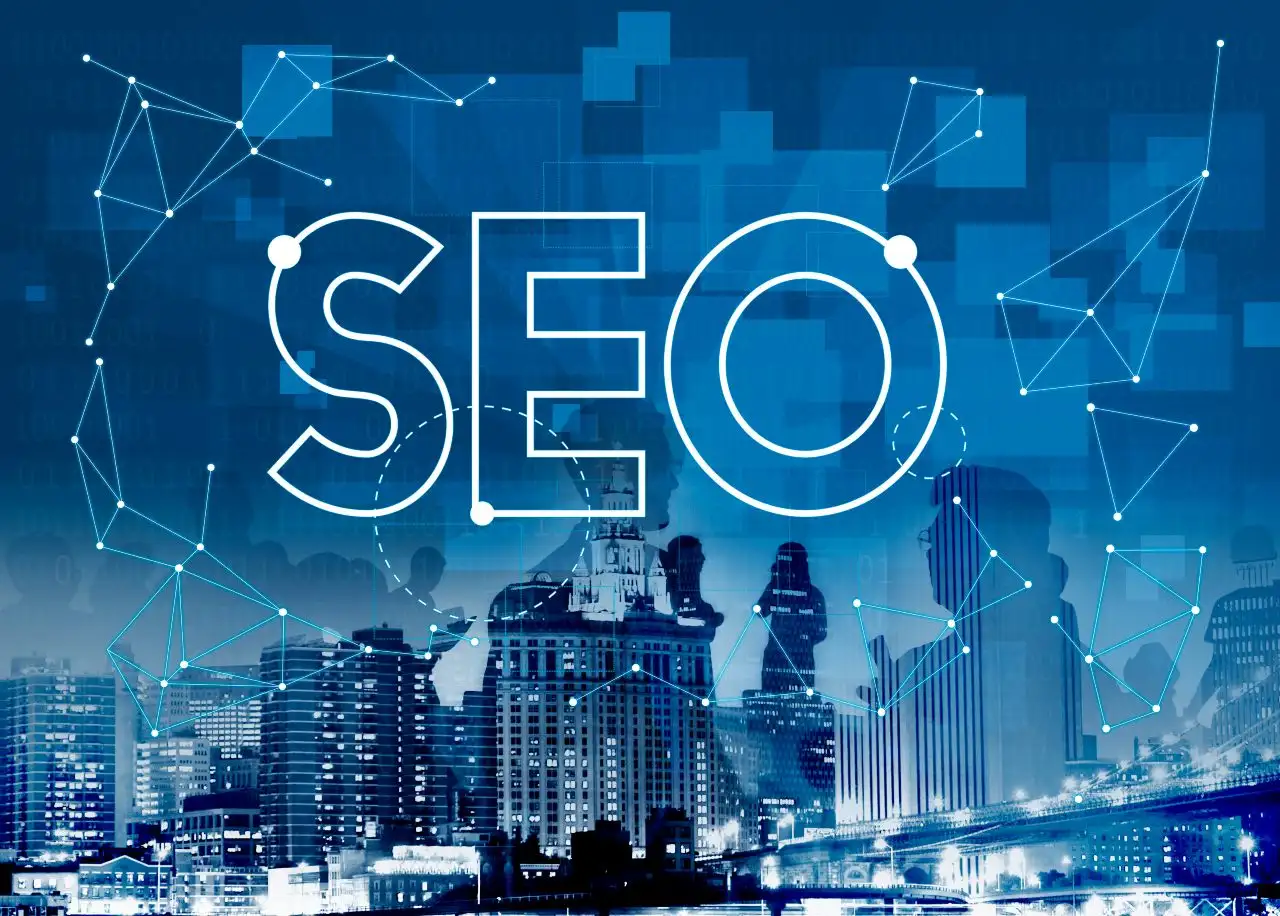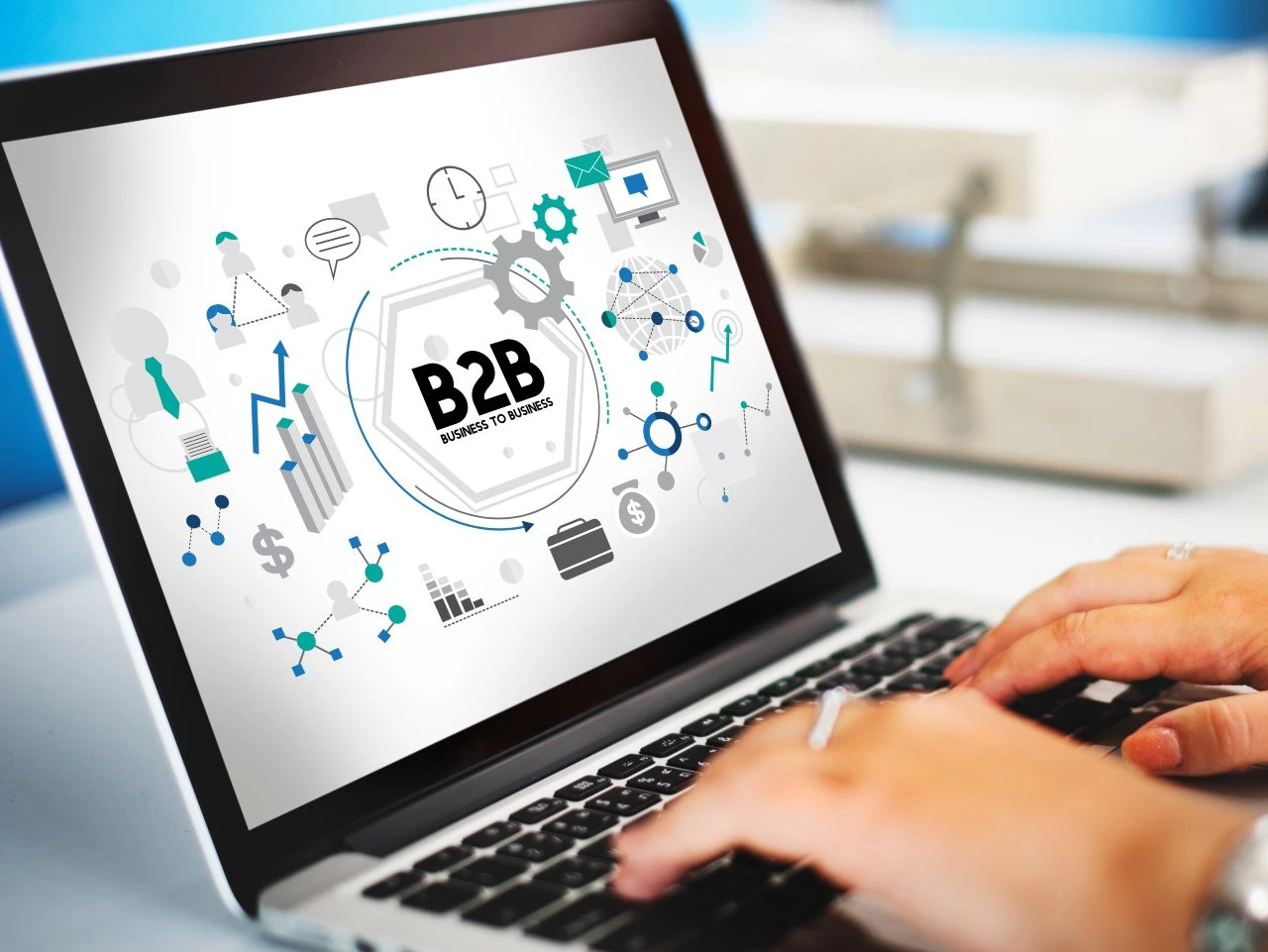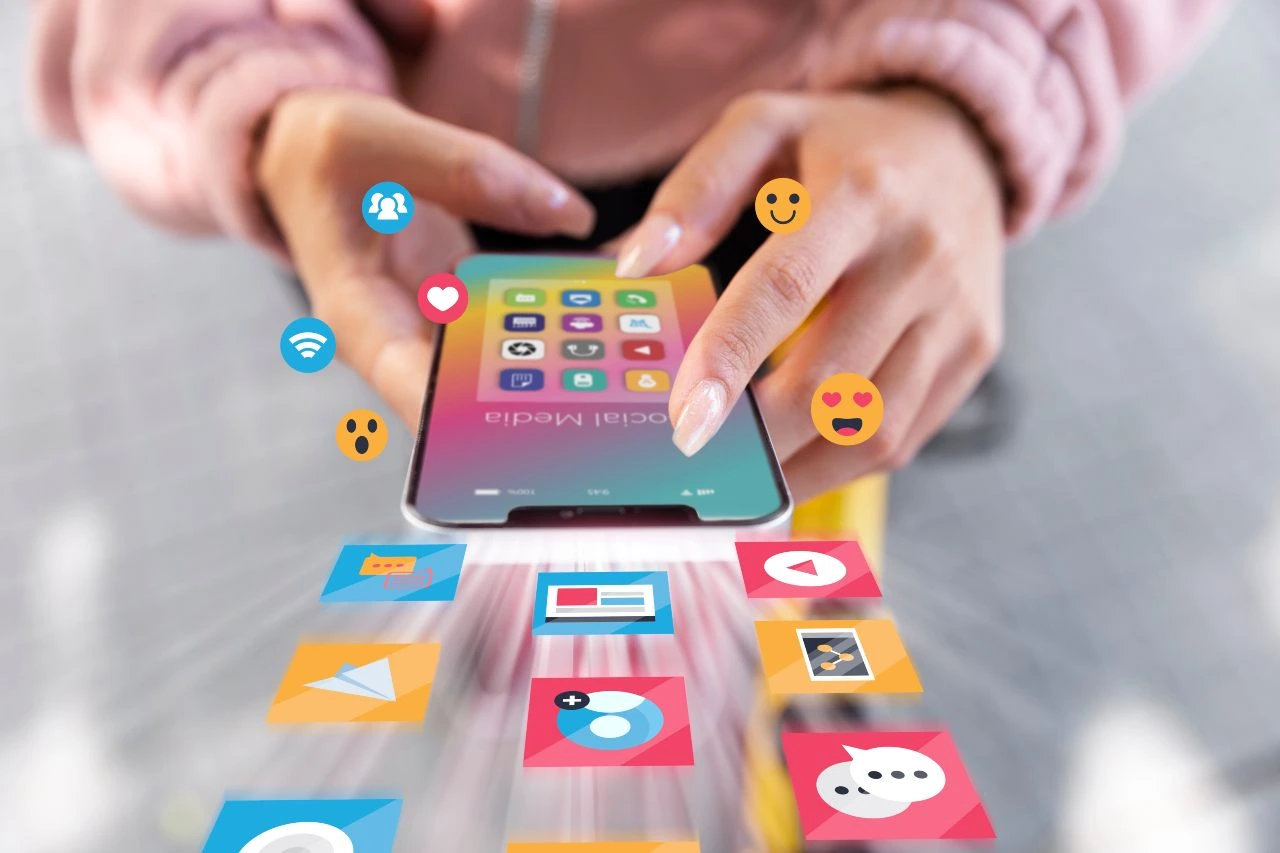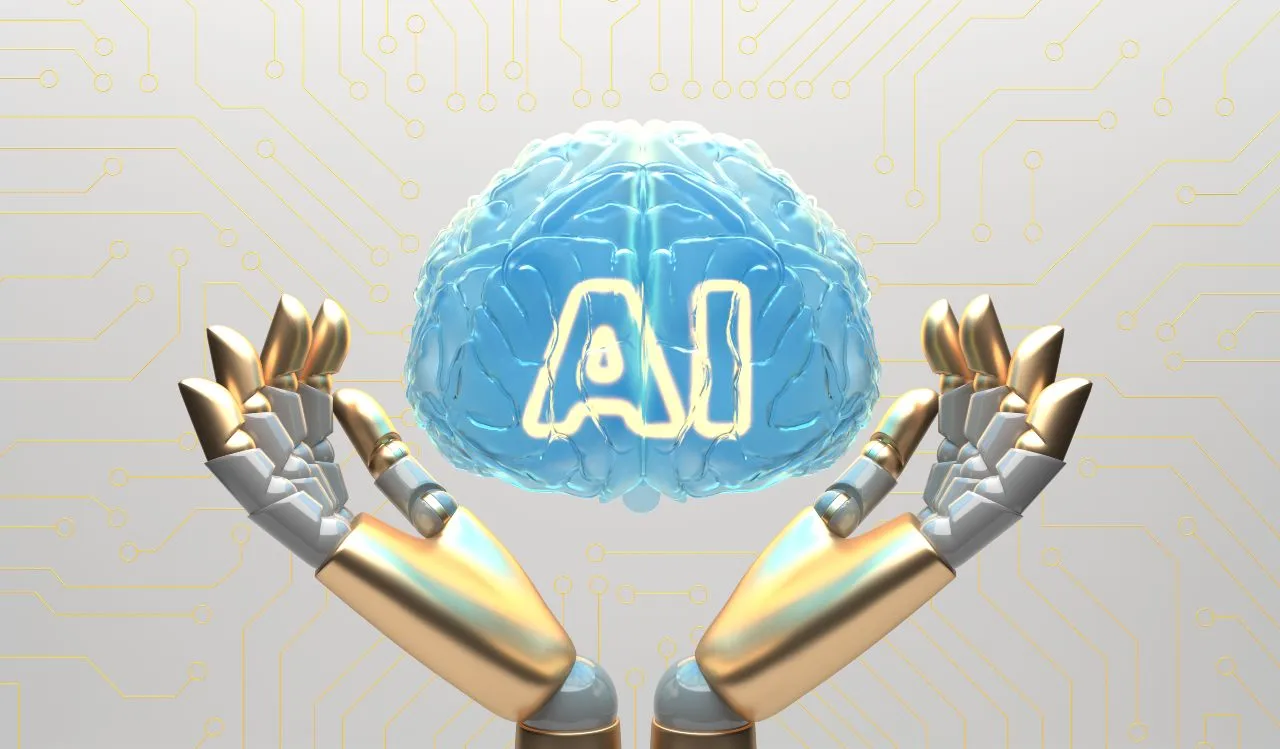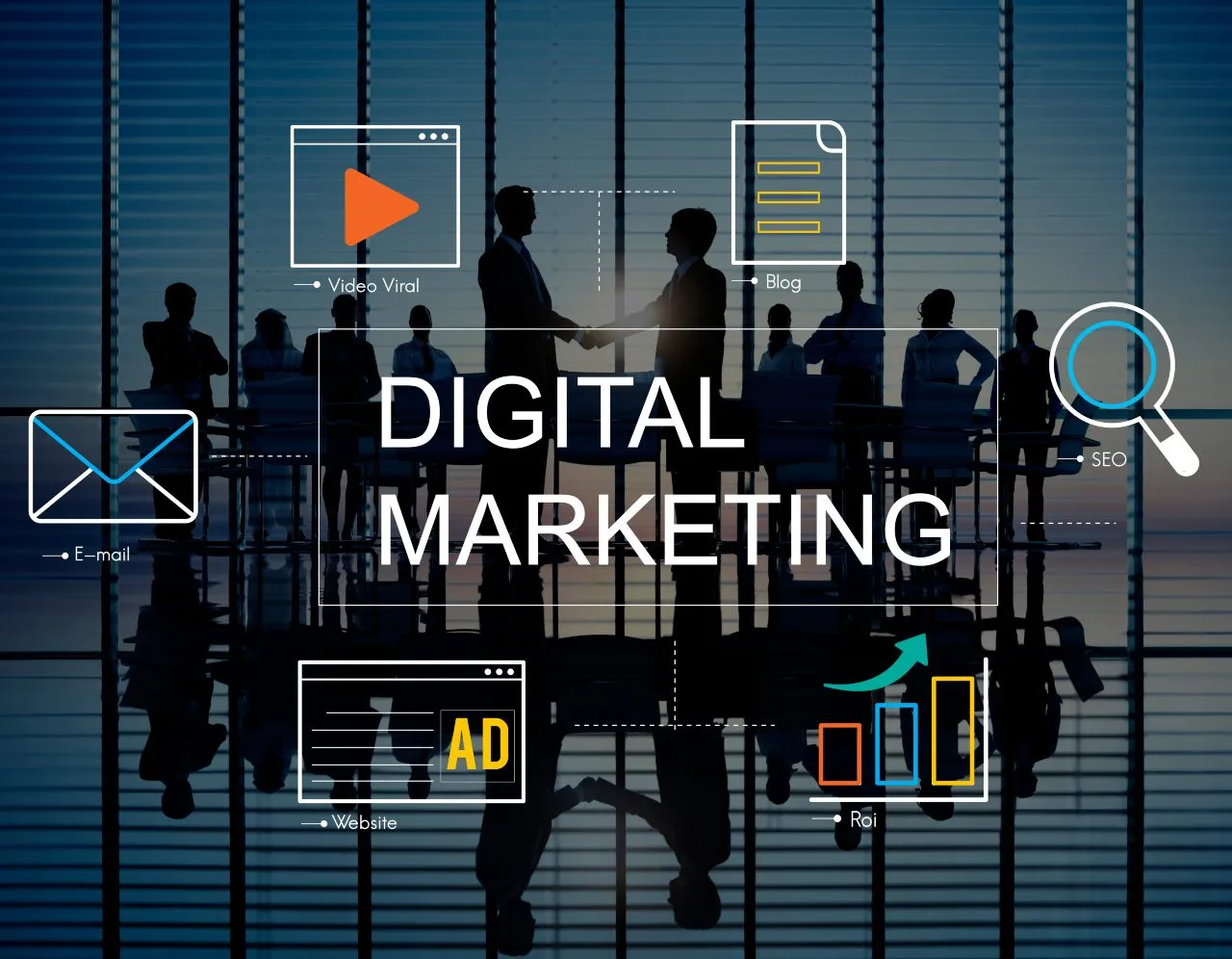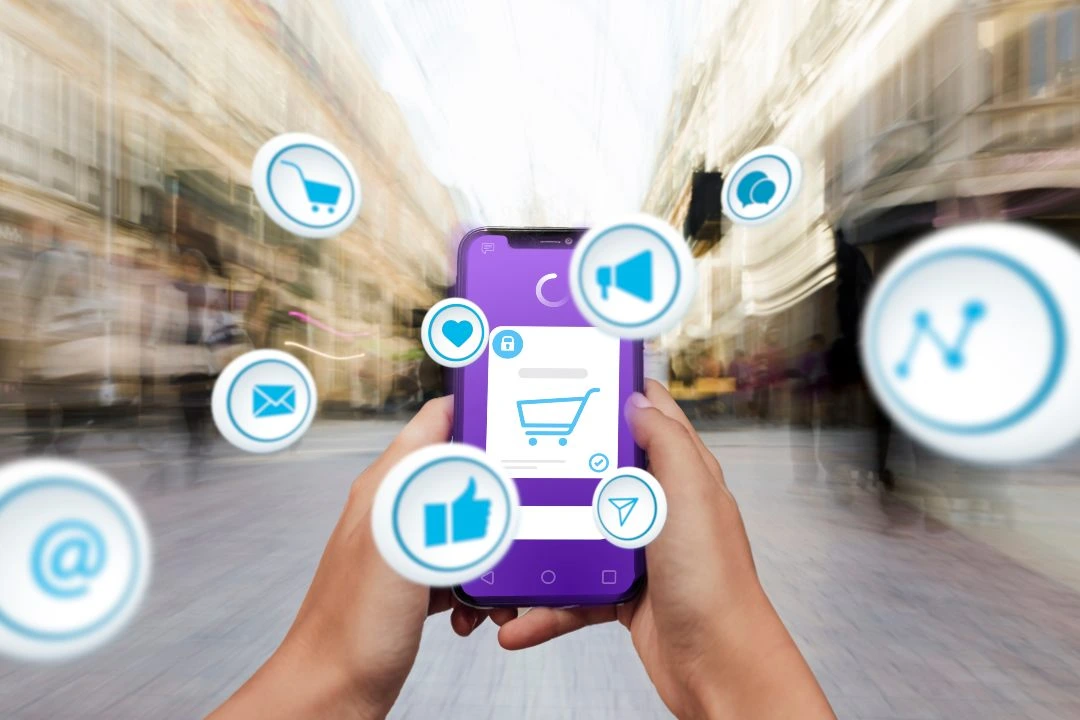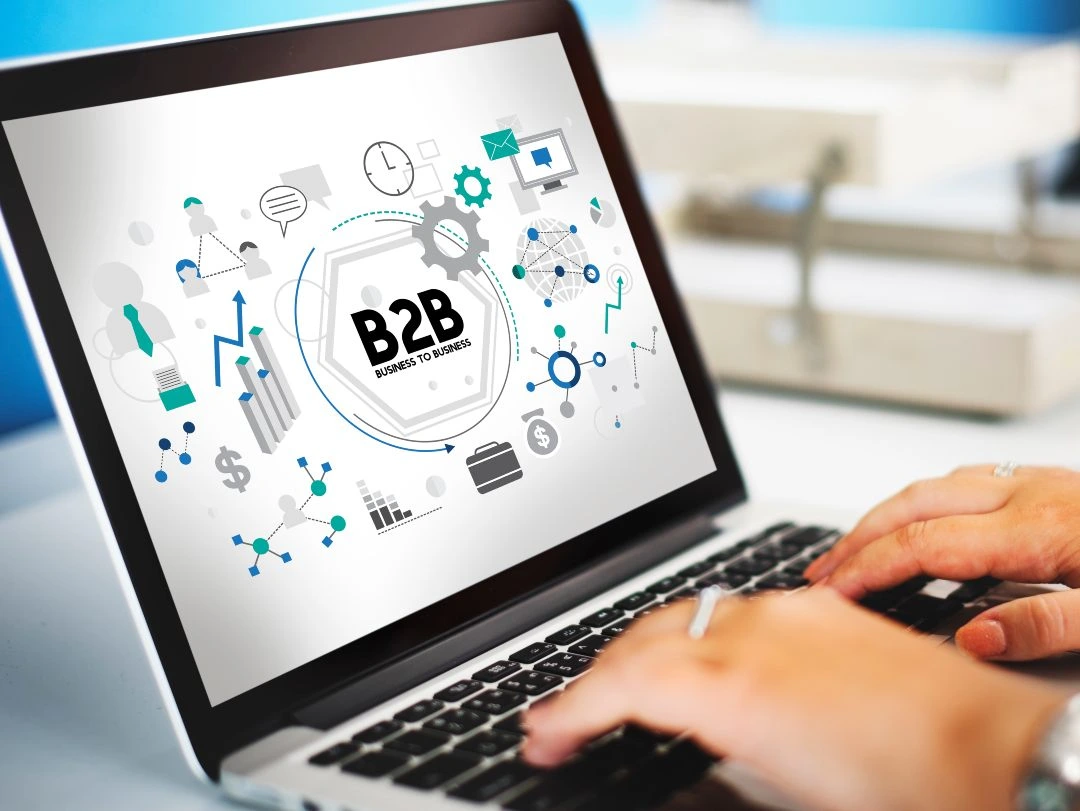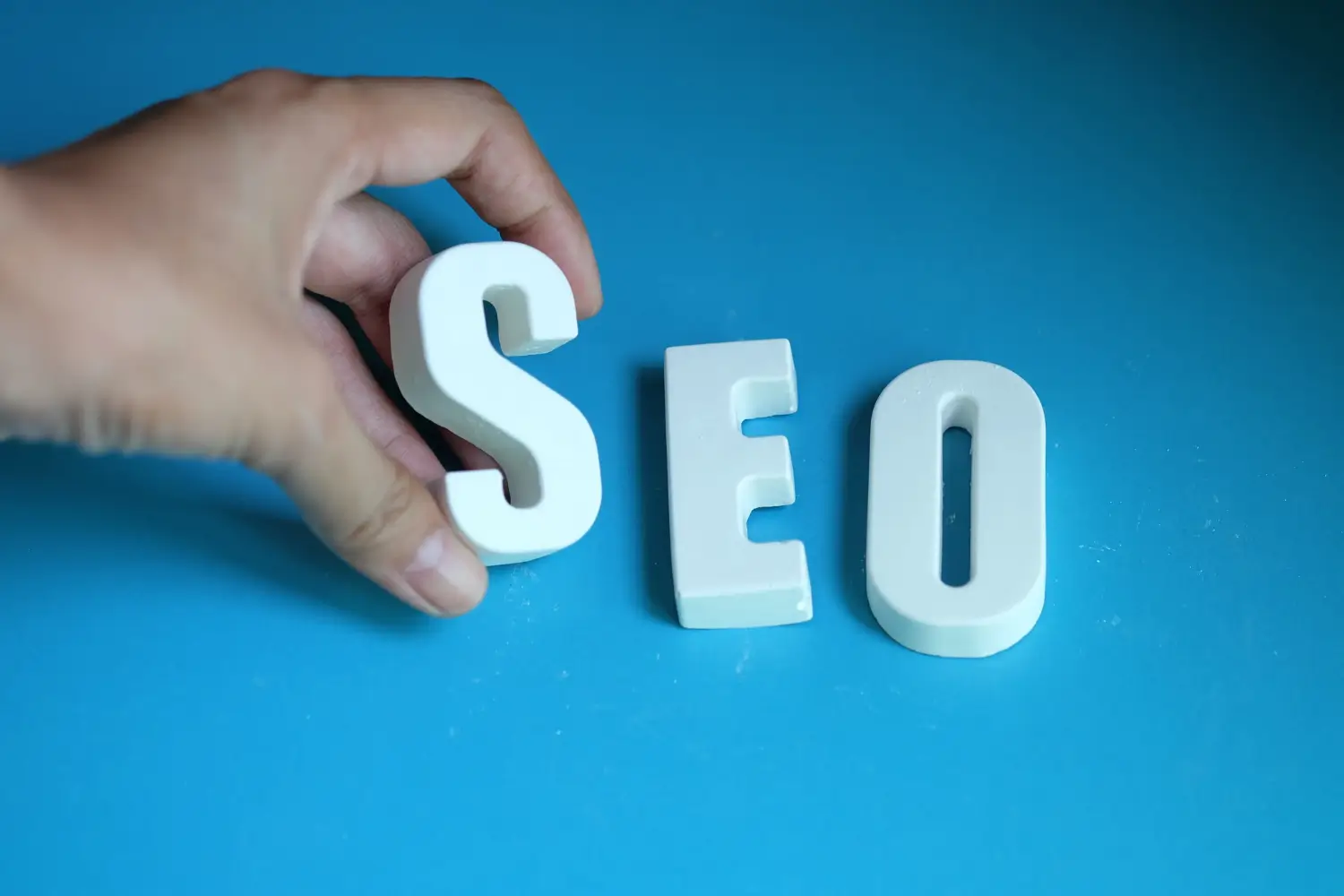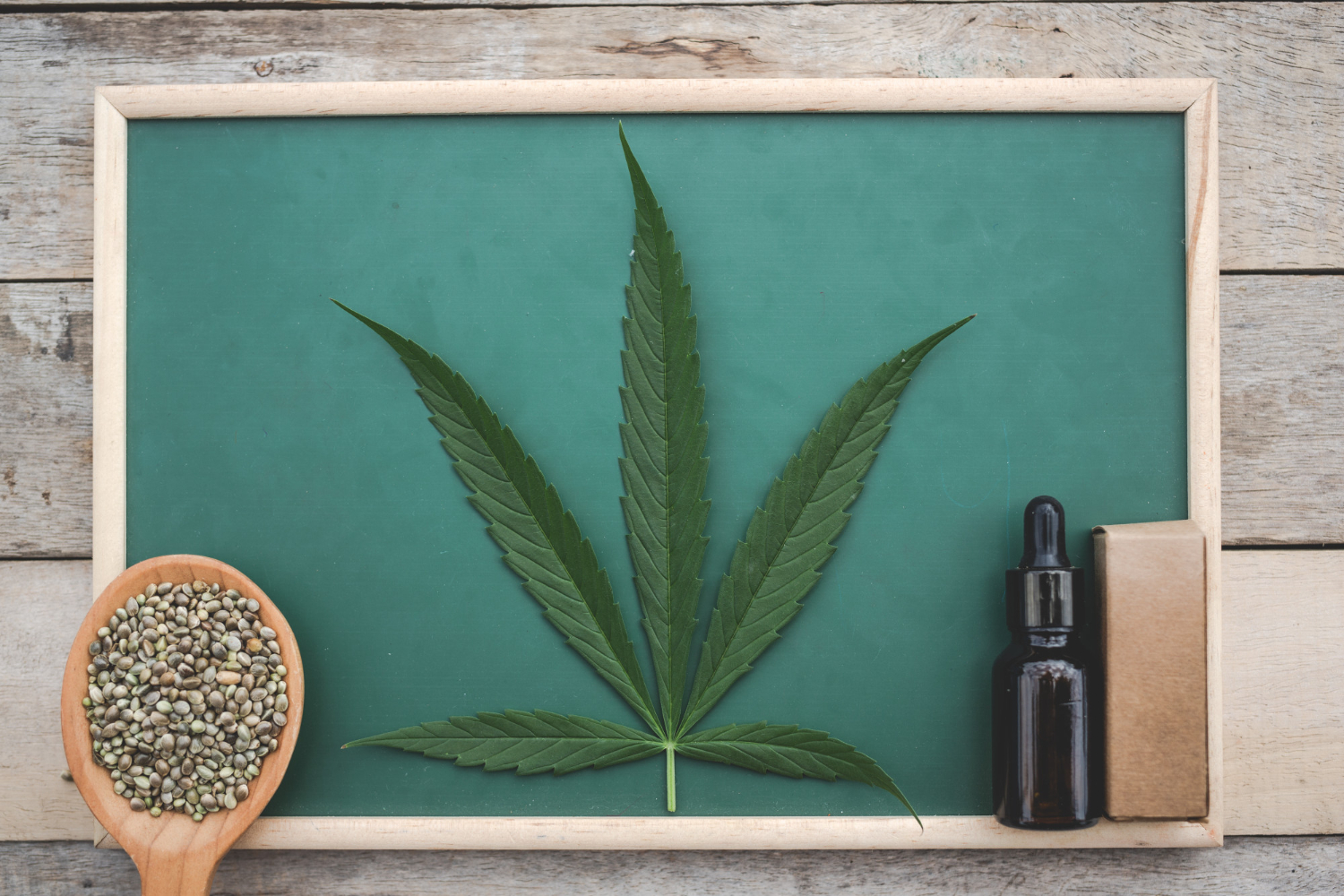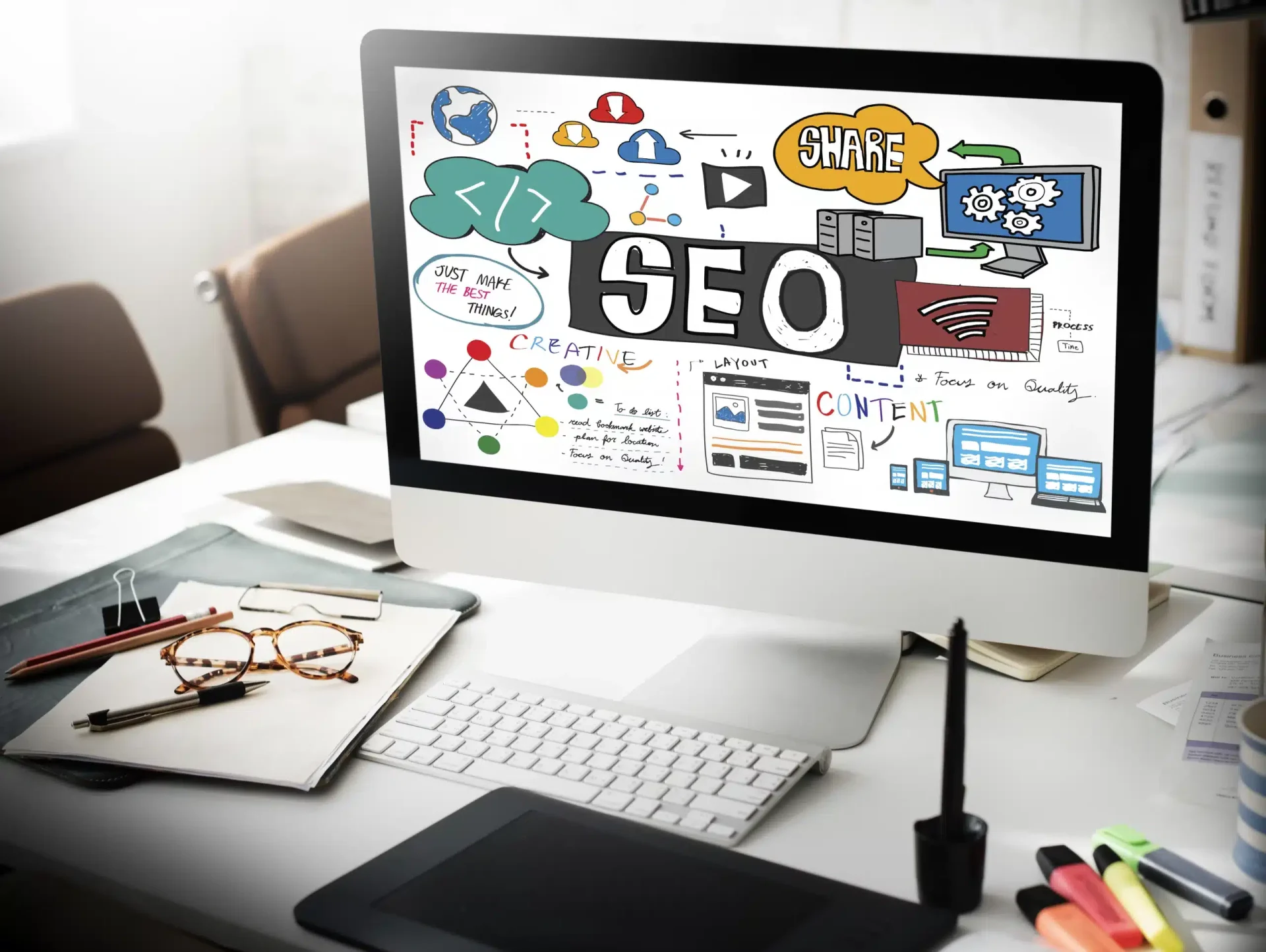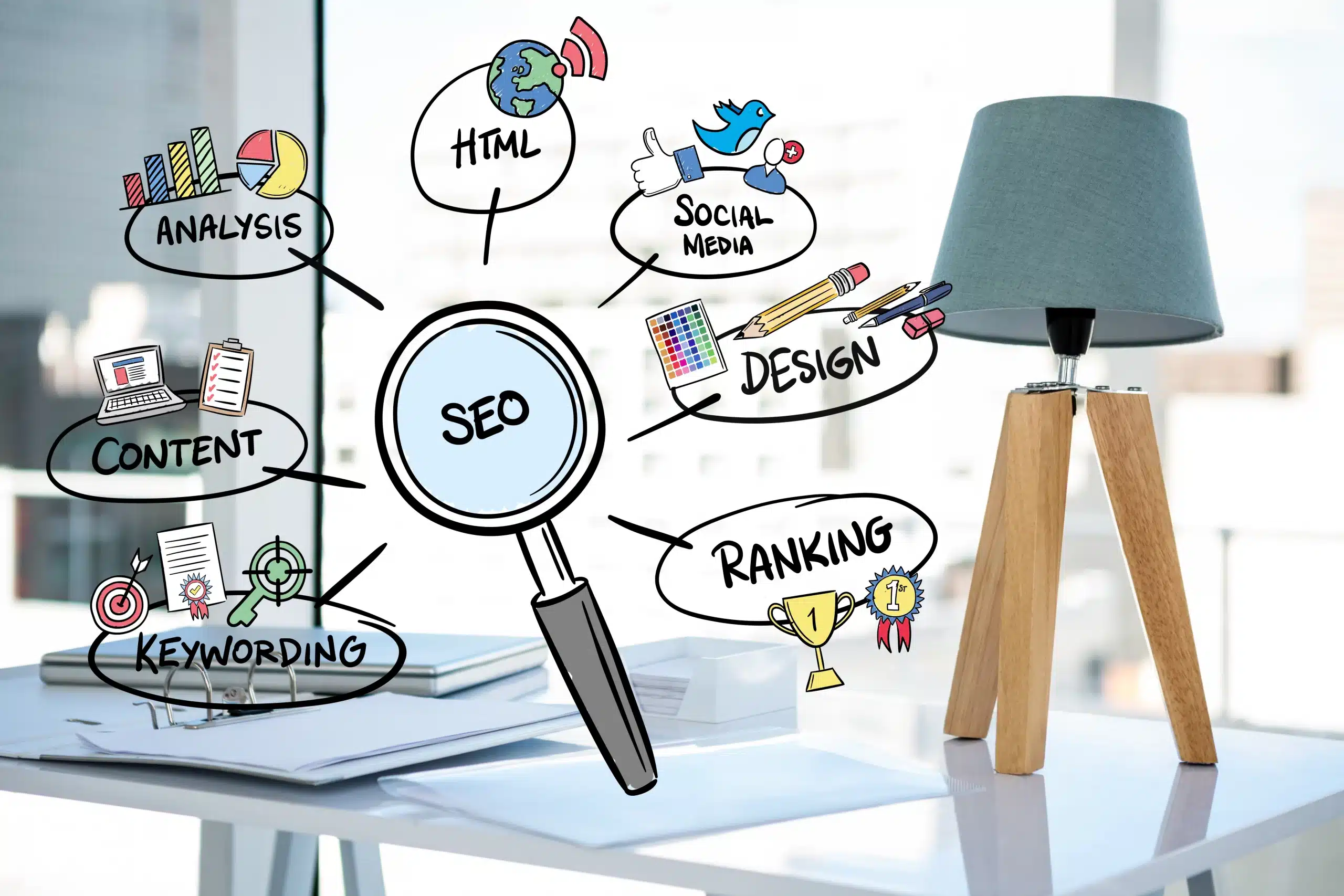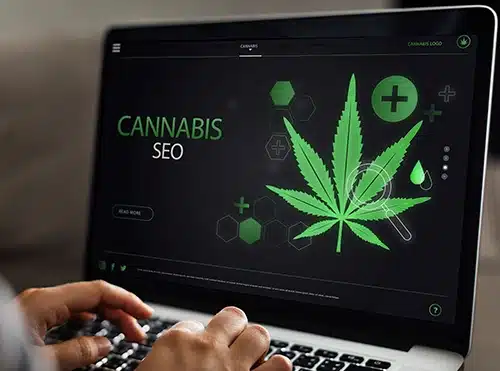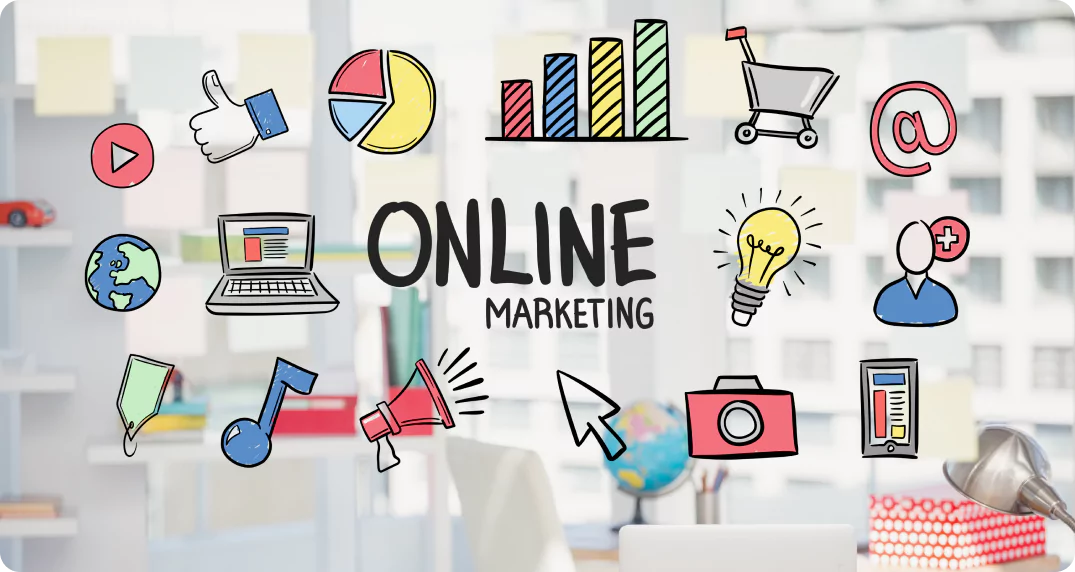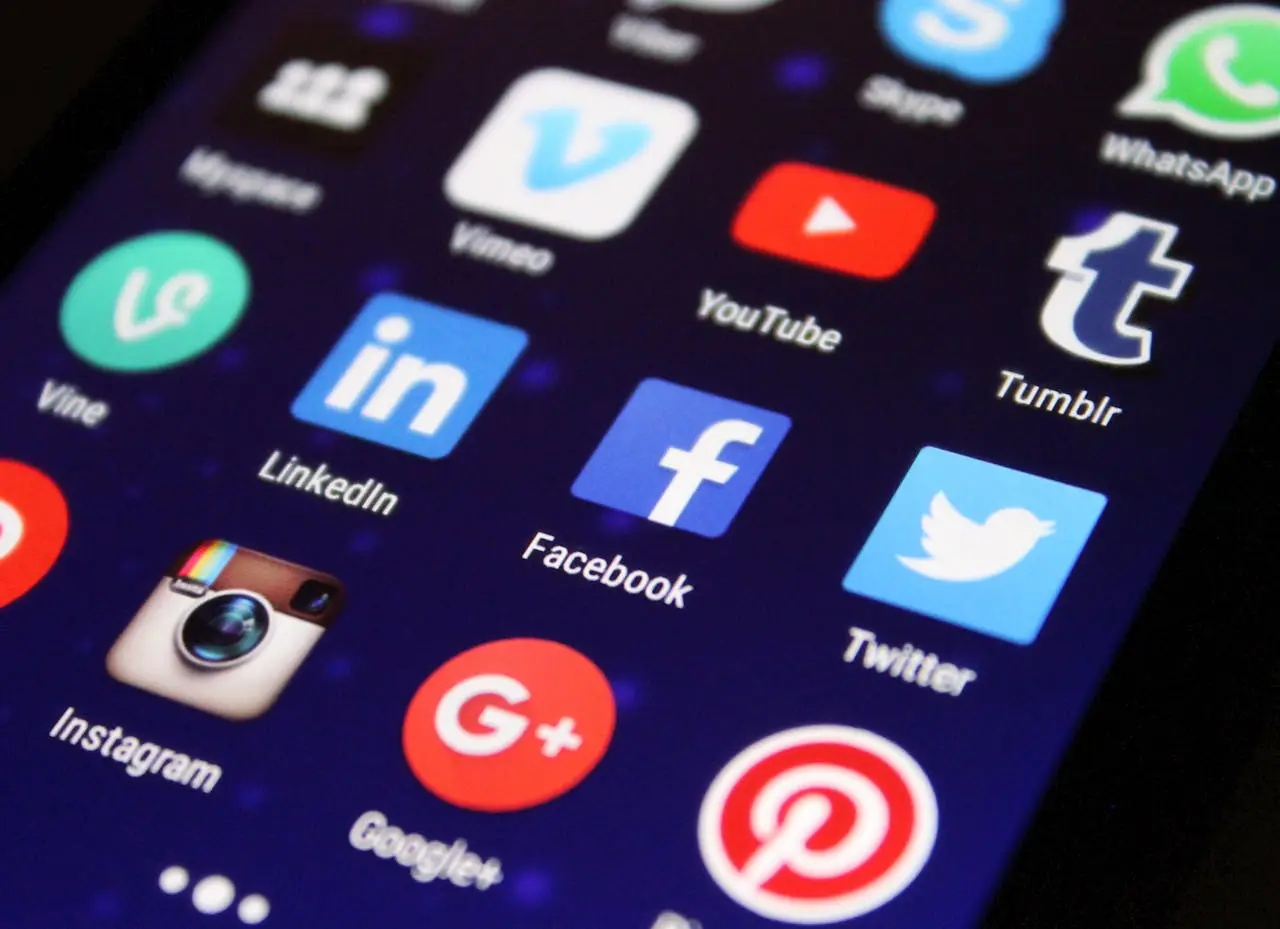Are you ready to dive into the future of marketing? The rise of “bots” and automated messaging may have once seemed impersonal, but today’s conversational marketing trends are all about creating authentic, human-like interactions at scale.
The AI market is not just growing; it is exploding. As companies and investors show increasing confidence, artificial intelligence is experiencing remarkable expansion. These technologies are increasingly becoming a part of our daily lives, driving significant economic impact and transforming industries around the world.
We’ll explore the explosive growth of AI and how it’s being adopted in marketing to transform the way businesses connect with their audiences. We will also explore the AI tools that are streamlining processes and enhancing efficiency across all marketing operations.
The Rise of AI in Marketing: Key Trends, Growth Insights, and Game-Changing Tools
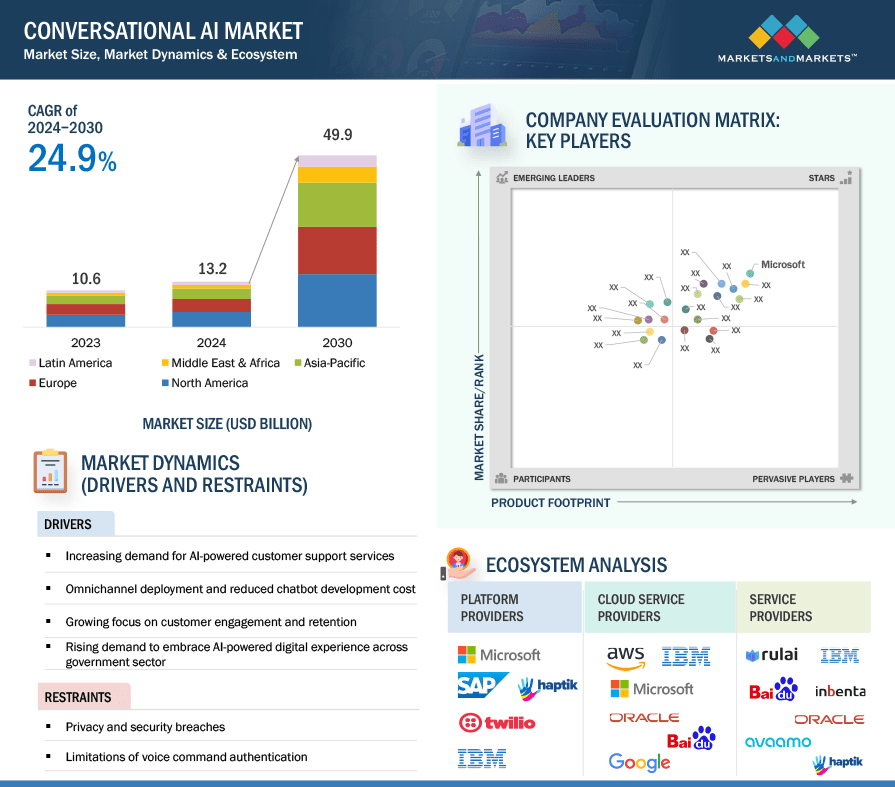
Source: MarketsandMarkets
Artificial Intelligence is no longer a futuristic concept in marketing—it’s the engine behind many of today’s most successful strategies. From streamlining customer interactions to powering data-driven decisions, AI has firmly established itself as a critical component of modern marketing playbooks. As organizations continue to invest in these technologies, the potential for enhanced personalization, operational efficiency, and measurable ROI is driving exponential adoption rates across industries. Let’s take a closer look at the numbers shaping this AI revolution and the tools driving its adoption.
- The global AI market was valued at $142.3 billion in 2023, underscoring its massive economic footprint. (Statista)
- Marketing teams are riding the wave of AI innovation, with 80% of tech leaders confirming they either use AI in their operations or plan to expand their investment soon. (PwC)
- Among businesses already adopting AI, 63% report improved customer satisfaction, highlighting its role in elevating customer experiences. (McKinsey)
- AI isn’t just for the enterprise—56% of small and medium-sized businesses (SMBs) also say they’re using AI to optimize their marketing operations. (Salesforce)
- As AI adoption increases, the job market is evolving too. Roles in AI-related fields are projected to grow by 31% by 2030, reflecting the demand for skilled professionals in this space. (US Bureau of Labor Statistics)
Key Takeaway: AI is a Catalyst, But Strategic Implementation is Key
The momentum behind AI in marketing is undeniable, but success hinges on how thoughtfully businesses leverage this technology. While AI can unlock efficiencies and deeper customer connections, it’s crucial to remember that tools alone don’t drive success—strategic implementation and creativity are just as important. Organizations must focus on balancing automation with human empathy to avoid losing the personal touch that resonates with target audiences. Ensuring consistent upskilling of teams and evaluating the ethical implications of AI usage can also transform AI adoption from a simple investment into a long-term competitive edge.
Pro Tip:
Want to supercharge your AI strategy? Start small by integrating tools like chatbots, predictive analytics platforms, or email personalization software into one area of your marketing funnel. Once you see results, scale your efforts while continuously refining your approach based on data insights and customer feedback. Tools like ChatGPT, Jasper, and Salesforce Einstein can offer an excellent launchpad for actionable results.
AI’s Unstoppable Ascent: Market Trends Shaping the Future
Artificial intelligence is no longer a futuristic concept; it’s a driving force transforming every industry it touches. What’s striking is not just the speed of its adoption but the sheer scale of its economic impact. From powering business efficiencies to enabling hyper-personalized customer experiences, AI’s influence is nothing short of monumental. As industries continue to embrace these technologies, understanding where the market is headed becomes critical for both entrepreneurs and established businesses looking to remain competitive.
- The global AI market is projected to leap from $142.3 billion in 2023 to an impressive $184 billion in 2024. Source
- Experts anticipate the market will surpass a staggering $826 billion by 2030, underscoring the rapid integration of AI solutions worldwide. Source
- The AI sector is forecasted to grow at a remarkable compound annual growth rate (CAGR) of 36.6% between 2024 and 2030. Source
- Generative AI alone is estimated to create $4.4 trillion in value across industries, signaling its potential to redefine how businesses operate. Source
- AI and machine learning technologies could boost global GDP by as much as 26% by 2030, highlighting their role in driving economic development. Source
- Generative AI investment skyrocketed to $25.2 billion in 2023—nearly nine times the amount invested in 2022. Source
- AI-focused startups attracted 31% of global venture capital funding in Q3 2024, solidifying the sector’s allure for investors. Source
Key Takeaway: Harnessing AI’s Market Momentum
The AI revolution is far from plateauing—if anything, it’s gaining steam. These figures make one thing clear: businesses that fail to adapt risk falling behind. Whether it’s embedding generative AI into workflows, improving customer experiences, or streamlining operations, the opportunities for innovation are limitless. However, the rapid growth also necessitates careful strategic planning. Companies should focus on aligning AI investments with their broader goals to achieve measurable outcomes while navigating the challenges that come with scaling these technologies.
For businesses looking to integrate conversational AI into their marketing strategies, it’s critical to ensure these tools align with broader operational goals. This is why adopting a comprehensive approach, such as a full-service marketing solution, can make all the difference. Combining AI technologies with other digital marketing efforts enables businesses to create a seamless, customer-centric experience across all channels.
Pro Tip:
With the rise of AI-driven tools, businesses should prioritize workforce upskilling in tandem with technology adoption. Equip teams with the knowledge to leverage AI effectively, ensuring a seamless integration of human expertise and machine intelligence. Consider platforms like Coursera or Udemy to offer AI-specific training to staff, enabling them to stay ahead in this transformative era.
The Growing Influence of AI on Marketing Strategies
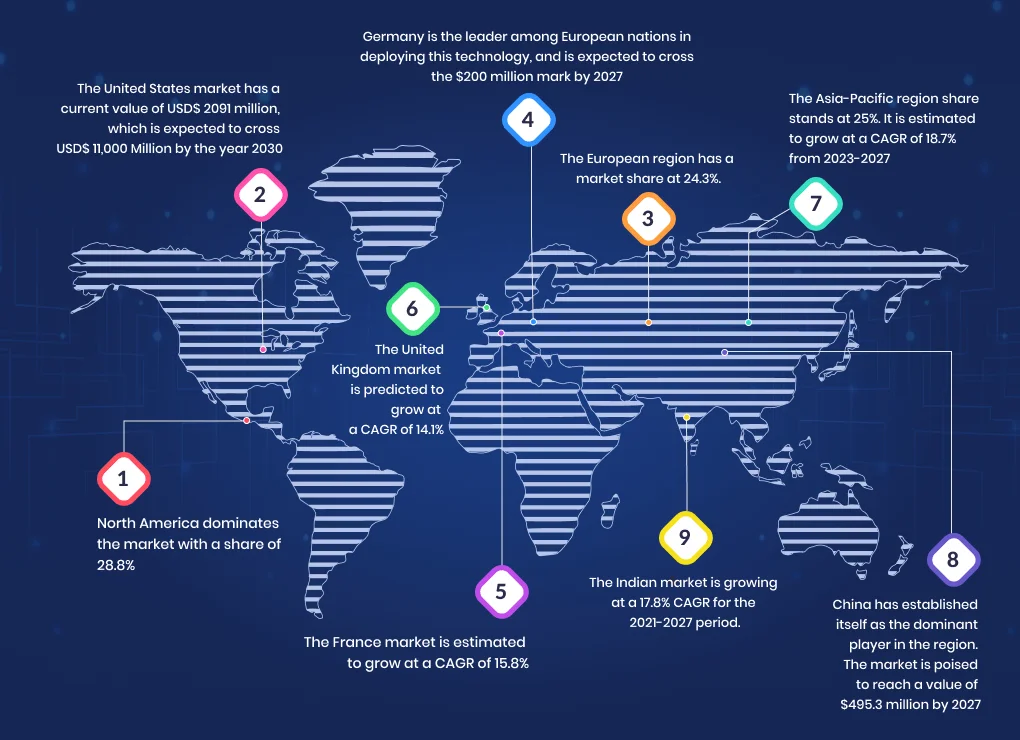
Source: Acuvate
Artificial Intelligence is no longer just a “nice-to-have” in the marketing world—it’s quickly becoming the backbone of innovative campaigns and streamlined operations. From accelerating content creation to enabling hyper-personalized customer experiences, AI is reshaping how marketers connect with audiences and measure success. While its adoption continues to surge, it’s not just the big players reaping the benefits—companies of all sizes are tapping into AI’s immense potential to remain competitive and meet the demands of a data-driven marketplace.
Let’s dive into the latest statistics that showcase how AI adoption is revolutionizing the marketing landscape:
- 72% of organizations have now adopted some form of AI, up from approximately 50% in previous years, showcasing widespread integration across industries. Source
- 65% of organizations are using generative AI tools in 2024, almost doubling from 2023, illustrating the rising popularity of these technologies. Source
- AI adoption in marketing and sales has more than doubled since 2023, making it the fastest-growing area for AI implementation in any business function. Source
- Nearly 40% of marketers use AI tools daily, with an additional 17% relying on them at least weekly, highlighting their pivotal role in day-to-day marketing activities. Source
- Only 16% of organizations are currently leveraging generative AI for content marketing support, showing untapped potential in this area. Source
- A significant 70% of marketers agree that AI tools enhance productivity and simplify their work processes. Source
- Despite growing enthusiasm, nearly 40% of marketers feel unsure or threatened by AI, pointing to the need for better education and training to address concerns. Source
- 40% of marketers are unclear whether their organizations have adopted AI-powered solutions, signaling a gap in communication and strategic implementation. Source
- 92% of large companies report seeing returns on deep learning and AI investments, reinforcing the economic value of AI integration. Source
- Organizations with fully integrated AI systems report nearly double the ROI compared to those using AI for isolated use cases, emphasizing the benefits of a holistic AI strategy. Source
- Around 20% of marketers allocate over 40% of their budgets to AI-powered campaigns, underlining the growing financial commitment to AI technologies. Source
- Trust in AI-generated content varies, with 48% of marketers stating their confidence depends on the reliability of the tool being used. Source
- Privacy and data security remain pressing concerns for 35% of marketers, stressing the need for robust security protocols in AI solutions. Source
Key Takeaway: Building an AI-Centric Marketing Ecosystem
The integration of AI into marketing is no longer a futuristic concept—it’s happening now and delivering measurable results for those who embrace its capabilities. Businesses that treat AI as a core component of their marketing strategy, rather than a supplementary tool, are seeing higher returns and gaining a competitive edge. However, the journey isn’t without its hurdles, from internal communication gaps to lingering concerns around data privacy and job security. To unlock AI’s full potential, organizations must prioritize transparency, upskill their teams, and choose tools that align with their unique goals and ethical considerations.
Pro Tip:
Start small but think big. Introduce AI in specific marketing functions, such as customer segmentation or A/B testing, to build confidence across your team. Then, scale up by integrating AI across the customer journey, ensuring data privacy remains a top priority. For added value, explore platforms like Jasper, ChatGPT, or MidJourney to make your marketing efforts both efficient and creative.
Game-Changing AI Tools Every Marketing Agency Should Know About
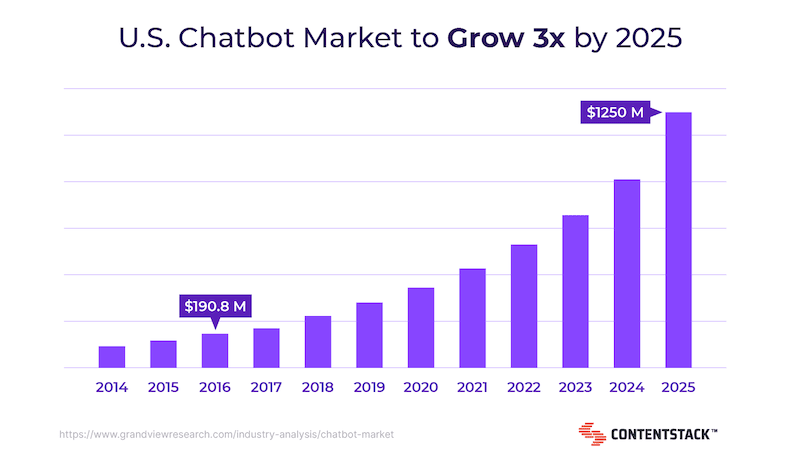
Source ContentStack
For marketing agencies navigating the fast-paced digital landscape, staying ahead often depends on embracing cutting-edge tech. AI tools have become indispensable, offering agencies the ability to streamline workflows, enhance creativity, and optimize strategies like never before. From automating routine operations to creating personalized, high-quality content in minutes, these tools empower agencies to focus on what they do best: delivering results for clients. But with so many options, which tools truly stand out? Here’s a rundown of some must-have AI solutions transforming the marketing world today.
- ChatGPT: As a versatile content generator, ChatGPT is perfect for jumpstarting creative projects. Whether you’re drafting email campaigns, brainstorming blog ideas, or crafting social media captions, this tool allows your team to focus on refining instead of starting from scratch. Source While it occasionally requires human fine-tuning to avoid overly “robotic” content, its time-saving capabilities are undeniable. Source
- Jasper: Need AI content that truly sounds on-brand? Jasper goes beyond basic automation, capturing your brand’s tone and voice to produce polished, factual content. Its team collaboration features make it ideal for agencies managing multiple client accounts. Source
- Copy.ai: A strong contender in the AI writing race, Copy.ai helps agencies craft blog briefs, ad copy, and more by leveraging its intuitive prompts. It’s particularly effective for speeding up research-heavy workflows, like analyzing URLs to extract key insights for ad copy. Source
- Typeframes: Visual content remains king, and Typeframes makes creating promotional videos astonishingly simple. Ideal for product launches or event promotions, this tool allows agencies to generate engaging videos within minutes by combining text, music, and animations. Source
- Midjourney: The go-to tool for generating unique, cinematic-quality visuals, Midjourney elevates any campaign by producing bespoke artwork in a matter of clicks. It’s a favorite for replacing generic stock photos with visually compelling, one-of-a-kind images. Source
- FeedHive: Originally a scheduling platform, FeedHive has evolved into a social media powerhouse. By incorporating AI-driven analytics and content insights, it predicts optimal posting times and suggests performance enhancements, ensuring your campaigns achieve maximum impact. Source
- HubSpot’s Breeze AI: HubSpot’s Breeze AI takes automation to the next level. Perfect for tasks like crafting outreach emails, repurposing blog content, and customizing reports, it also offers tailored chatbots to streamline workflows for marketers juggling multiple priorities. Source
Key Takeaway: Leverage AI Without Losing the Human Touch
The rise of AI tools has undoubtedly unlocked enormous potential for marketing agencies, allowing teams to work smarter, not harder. However, no tool is a perfect replacement for human creativity and expertise. The best results often come from a harmonious interplay between AI-powered automation and authentic, human-driven strategy. Agencies that use these tools not just to simplify processes but to push creative boundaries will stand out in an increasingly competitive market.
Pro Tip:
Don’t settle for a one-size-fits-all approach. Test multiple tools and assess how they align with your agency’s specific goals—whether that’s scaling personalized content, accelerating video production, or refining social media strategies. Regularly revisit and adjust your tech stack to ensure it continues to deliver maximum ROI.
As AI continues to shape the future of marketing, agencies must also focus on integrating complementary strategies. For example, pairing AI tools with a strong B2B website strategy can help position businesses as industry leaders while driving targeted traffic and generating high-quality leads. By combining technology with smart planning, agencies can create a robust, future-proof marketing approach.
Conclusion
The integration of AI into marketing is no longer a future possibility—it’s a present reality that continues to reshape the industry with each passing year. From the exponential growth of the global AI market to the increasing reliance on generative AI tools, these trends aren’t just statistics; they’re signals of a rapidly evolving landscape that demands attention. Businesses that embrace AI strategically stand to gain not only in terms of efficiency but also in customer engagement, ROI, and competitive advantage.
As conversational marketing trends continue to gain momentum, tools like ChatGPT and HubSpot’s Breeze AI are leading the charge in creating more personalized and human-like interactions. These technologies enable marketers to connect deeply with their audiences while streamlining workflows, all without sacrificing creativity or authenticity. But with great opportunity comes the need for careful planning—privacy concerns and trust in AI outputs remain critical hurdles to overcome.
Are you ready to stay ahead of the curve and make the most of these advancements? If you’re ready to supercharge your business, don’t hesitate to get in touch with our full-service marketing pros for a free quote. Let’s transform the way you connect with your audience through innovation and smart solutions.
About The Shift to Conversational Marketing: AI Chatbots, Messaging Apps, and Human-Like Interactions
This guide was written by the Scopic Studios team and reviewed by Araksya Hakobjanyan, SEO Lead at Scopic Studios.
Scopic Studios delivers exceptional and engaging content rooted in our expertise across marketing and creative services. Our team of talented writers and digital experts excel in transforming intricate concepts into captivating narratives tailored for diverse industries. We’re passionate about crafting content that not only resonates but also drives value across all digital platforms.
Note: This blog’s images are sourced from Freepik.
















